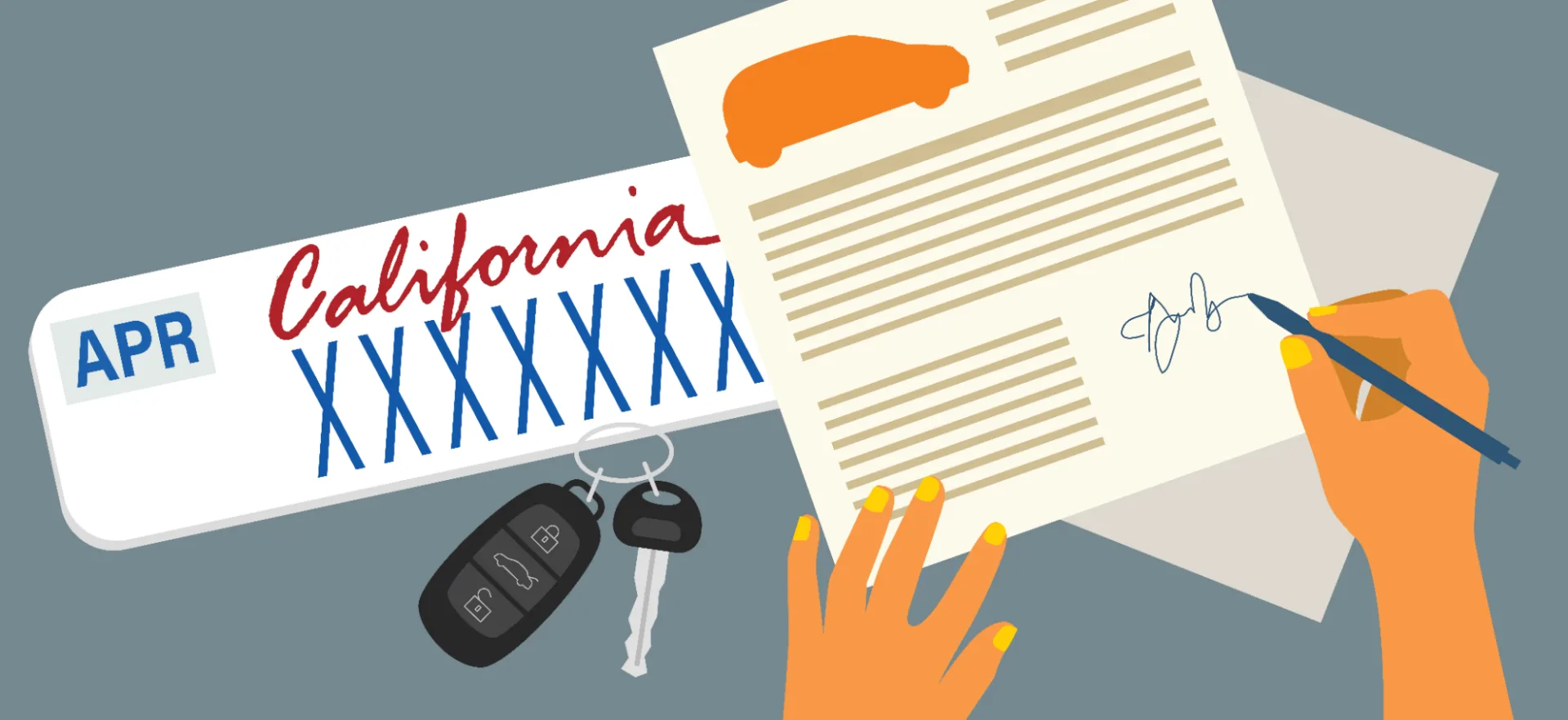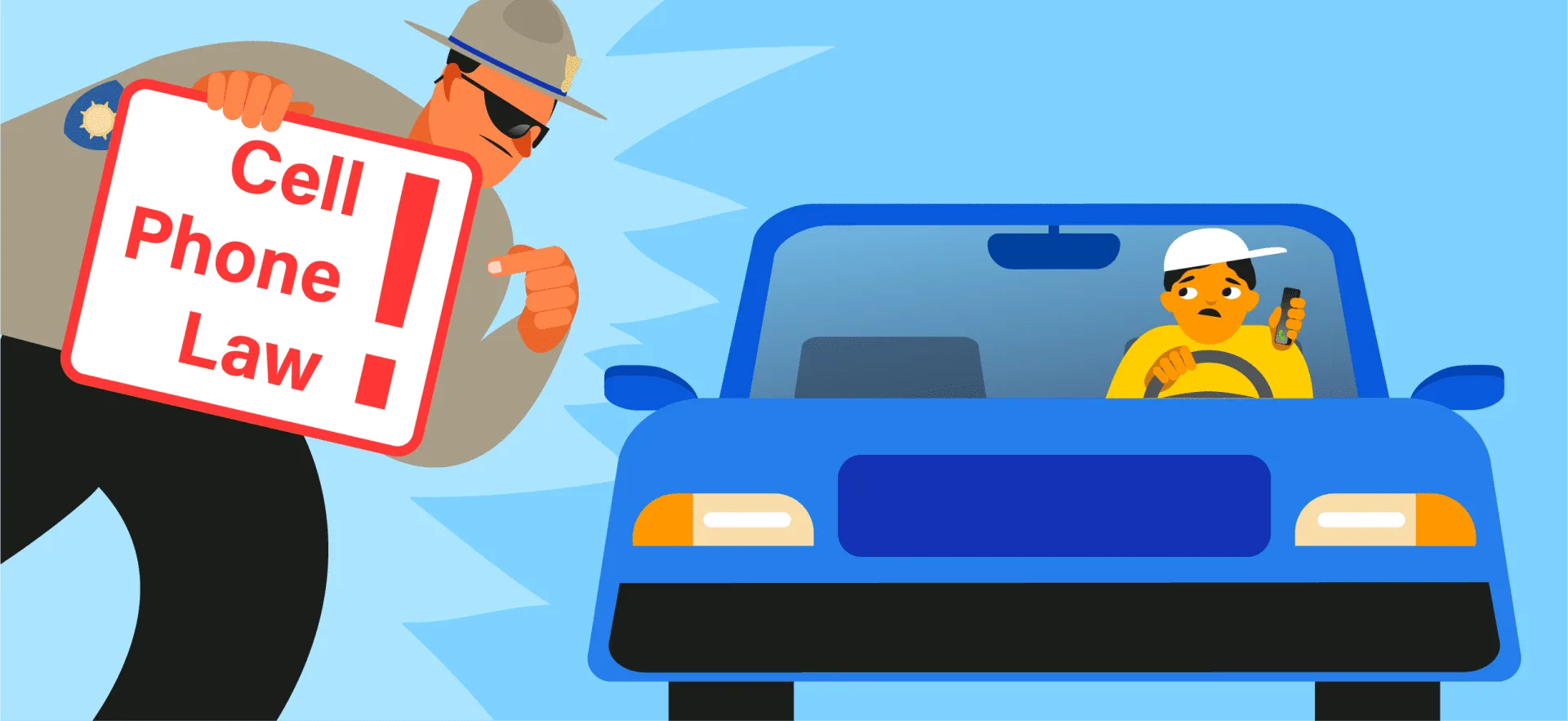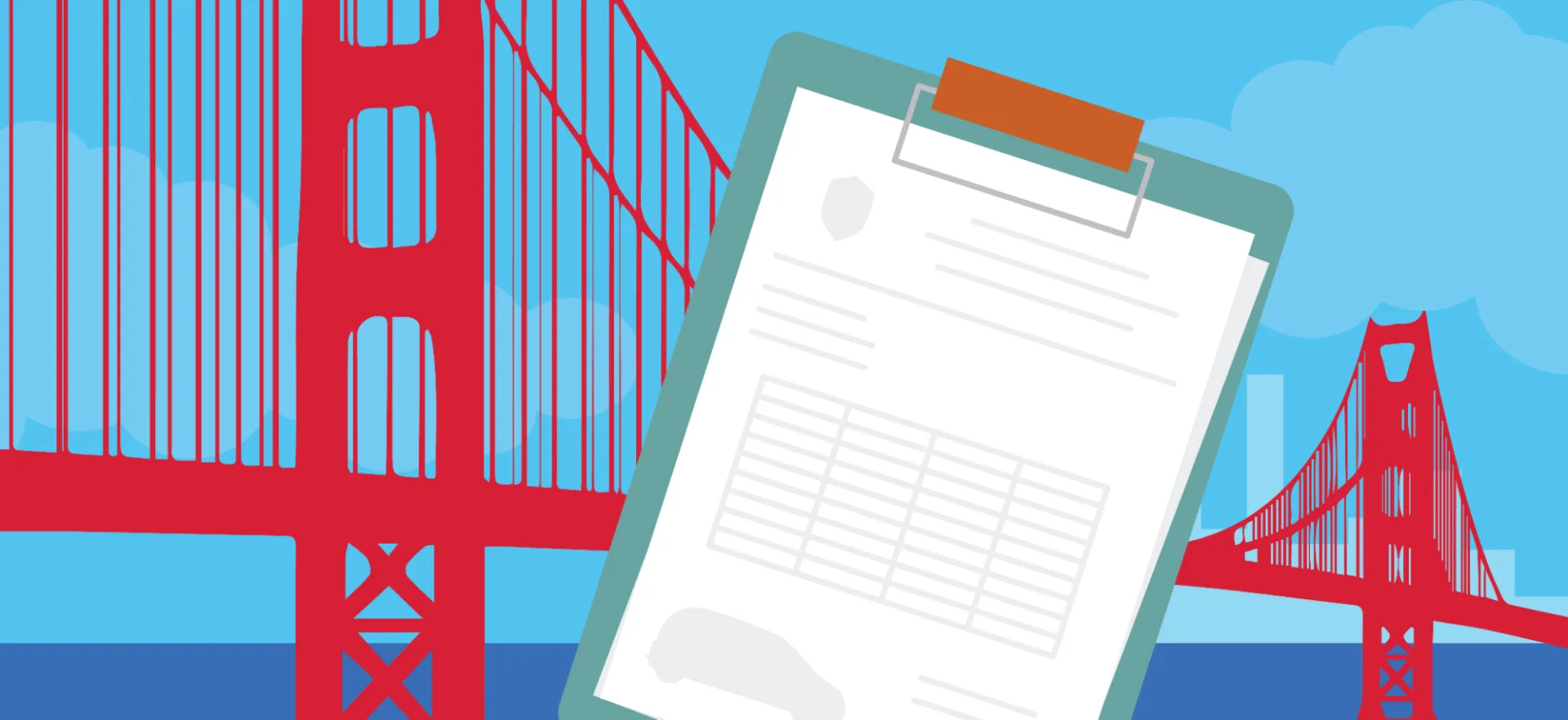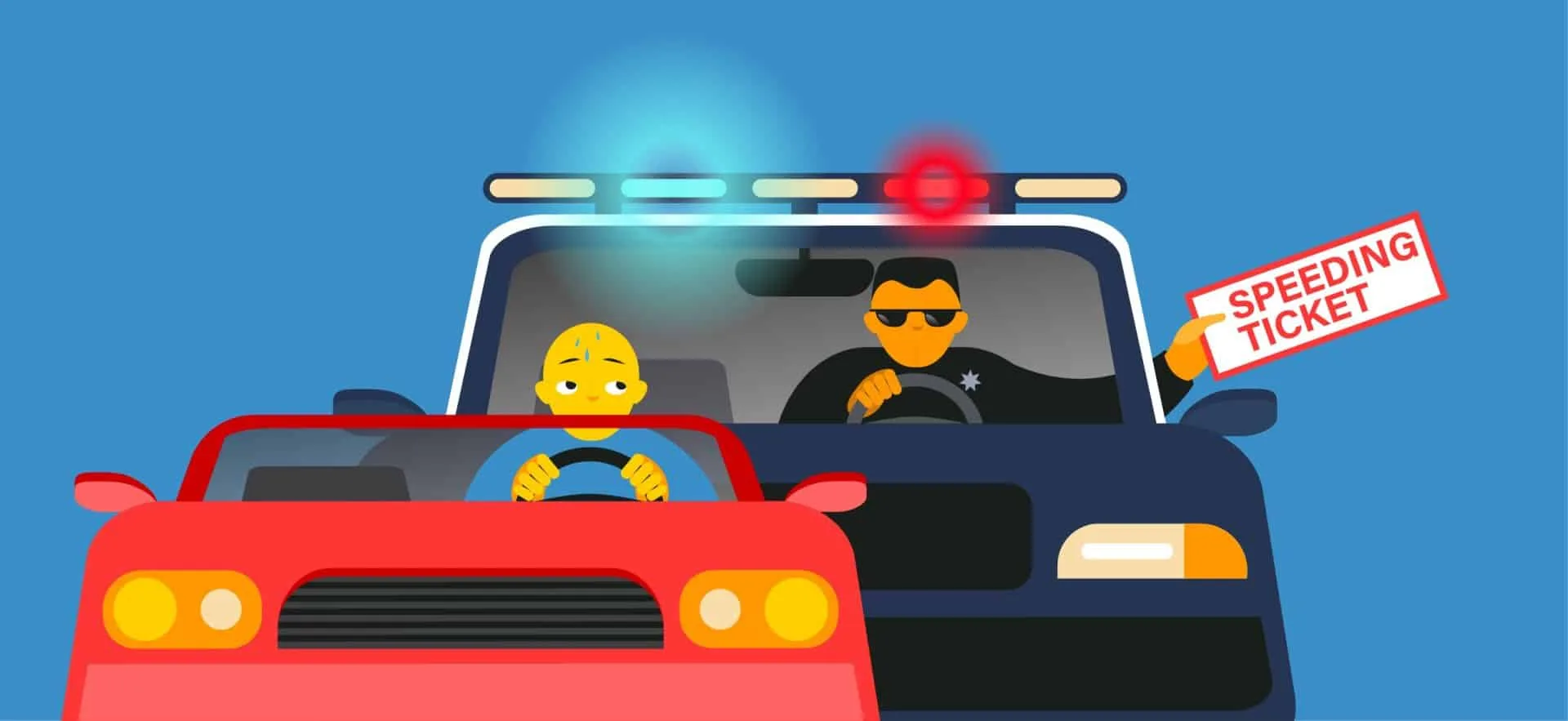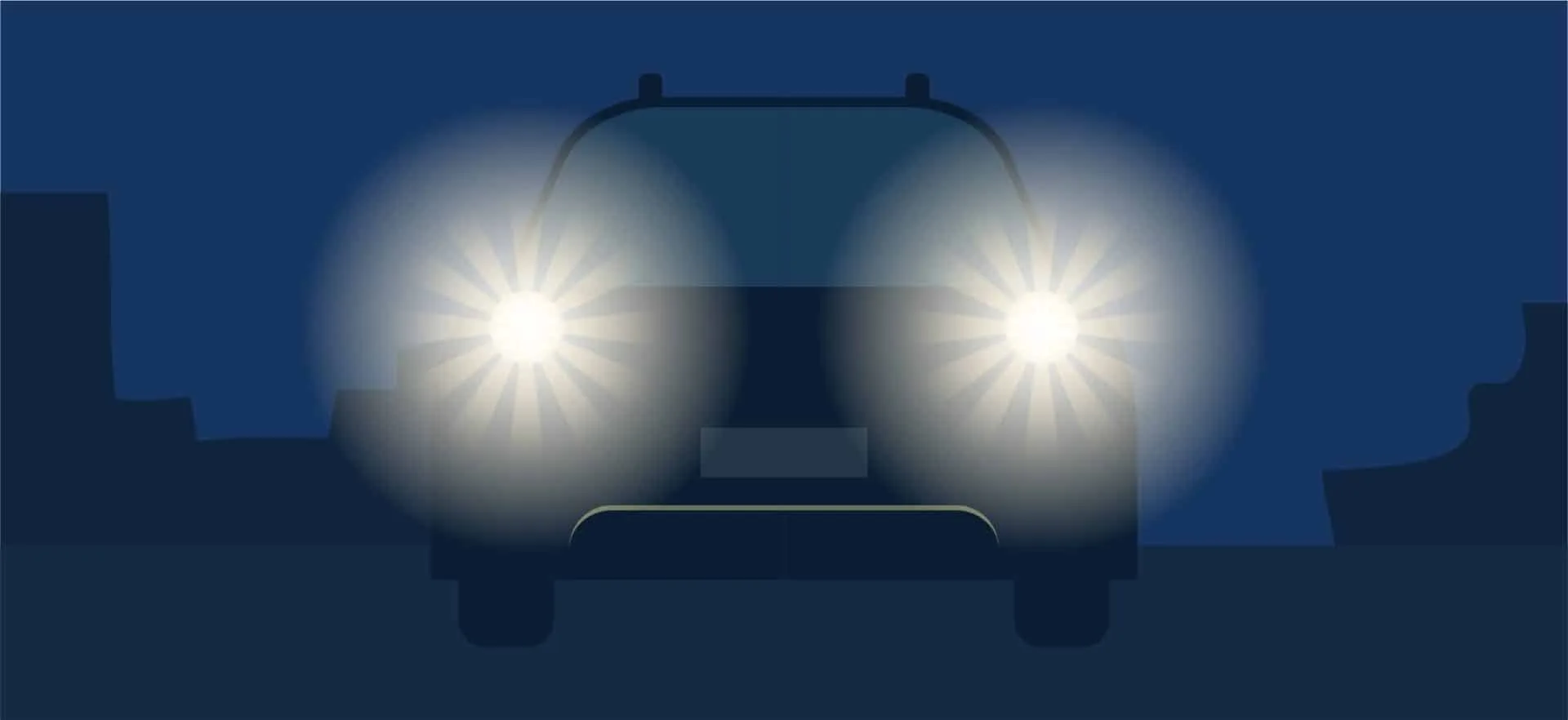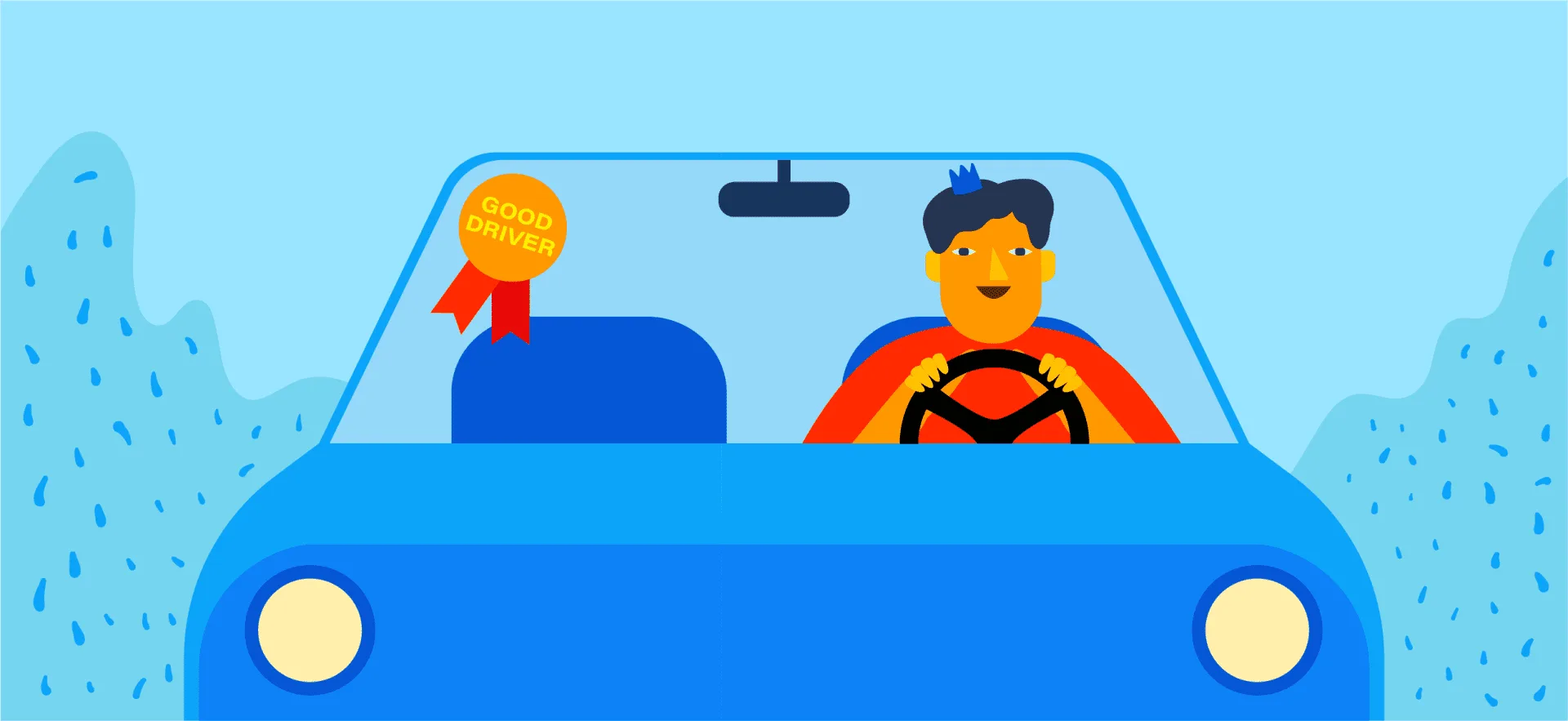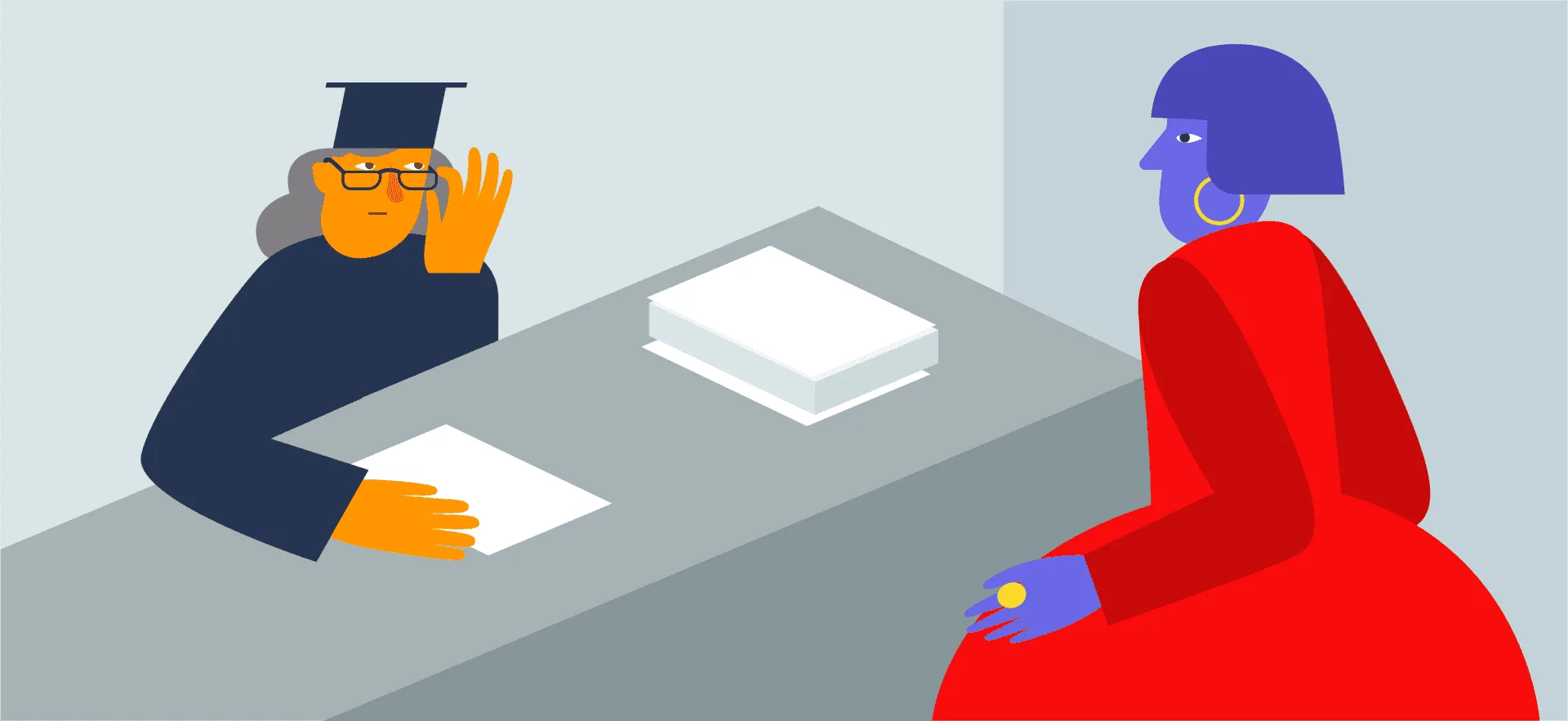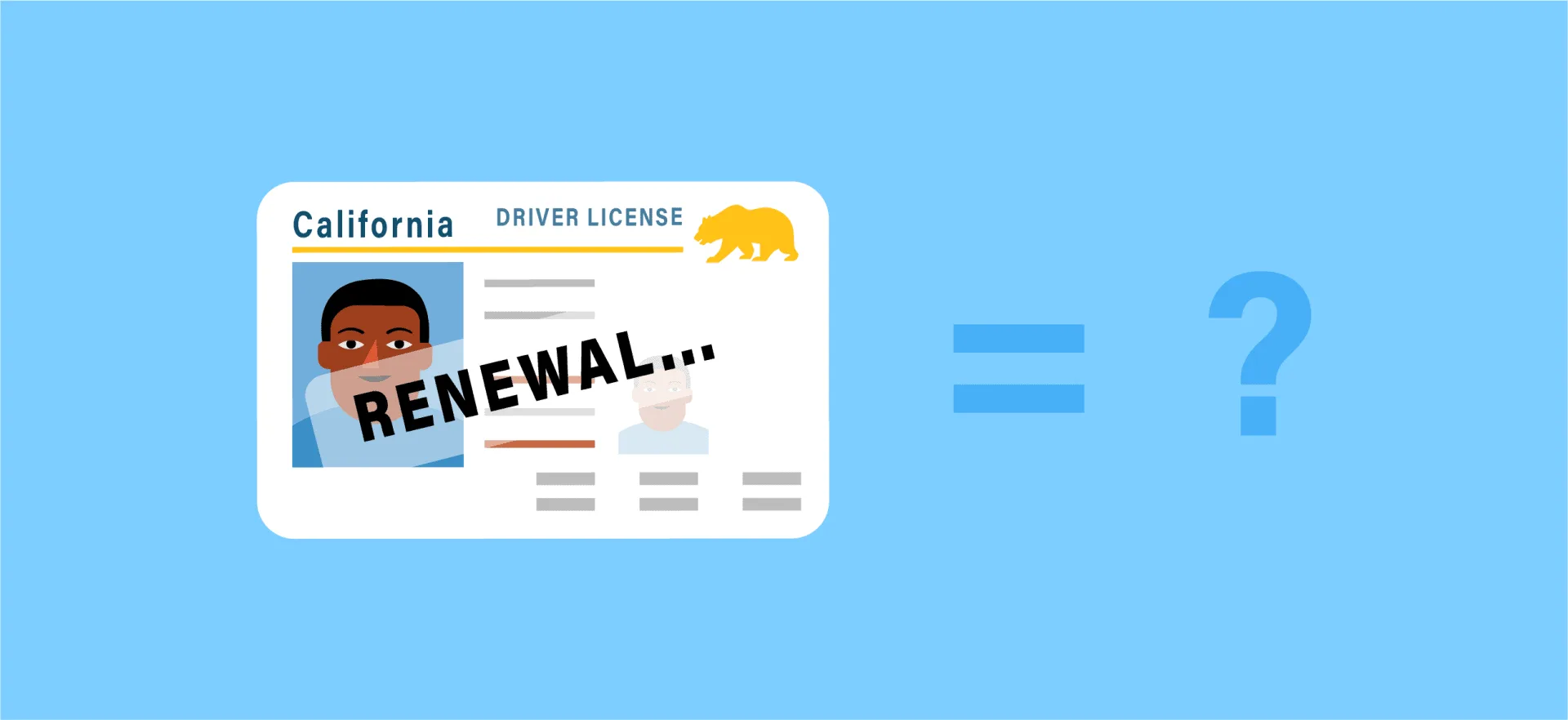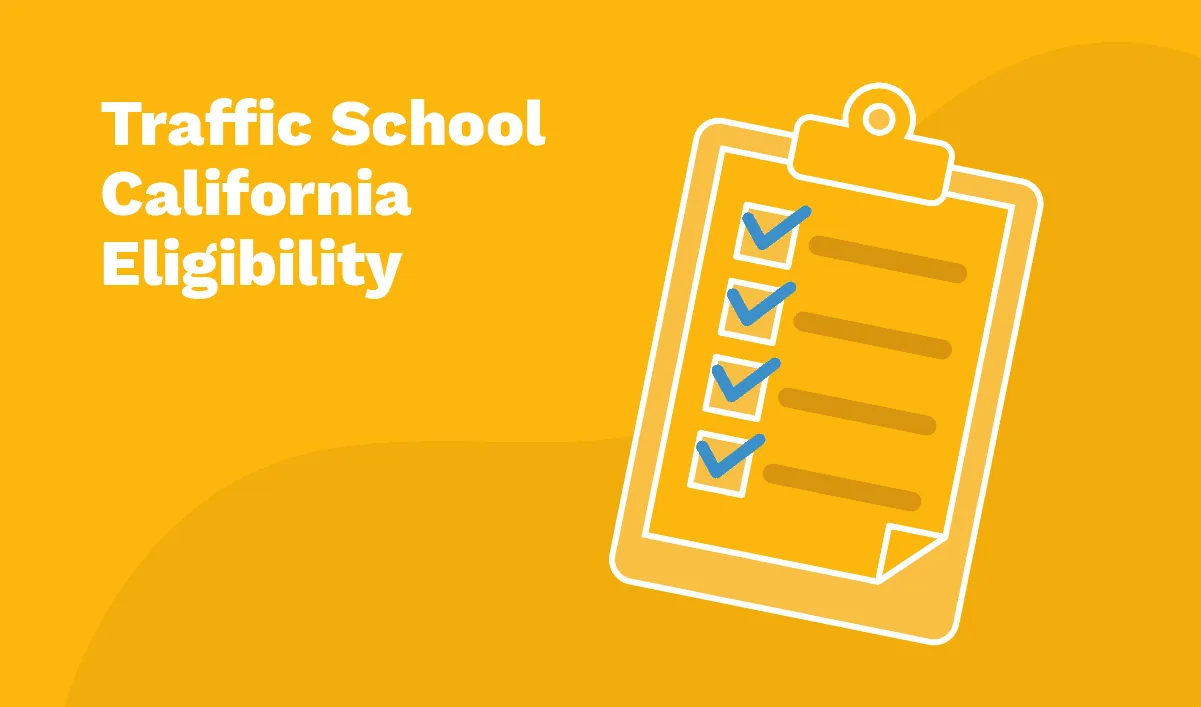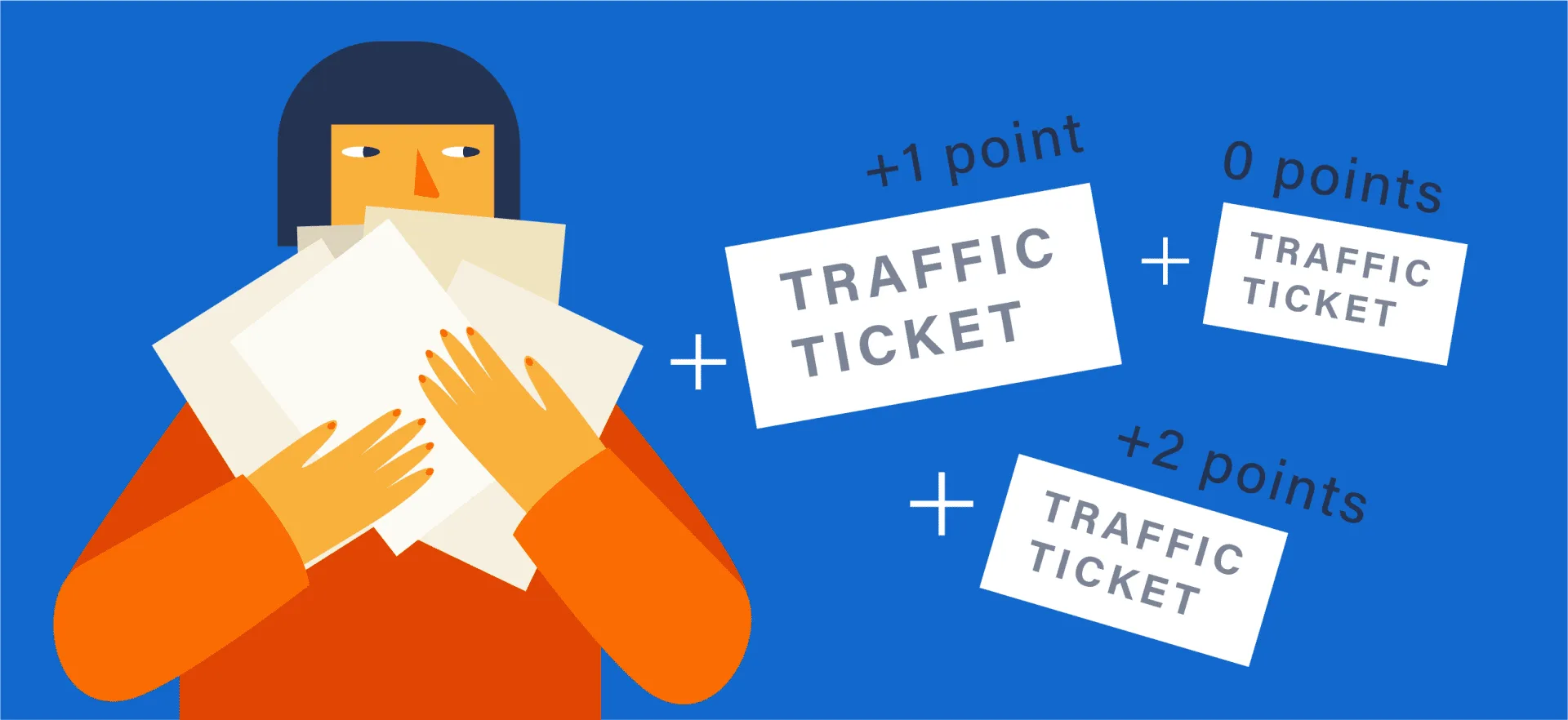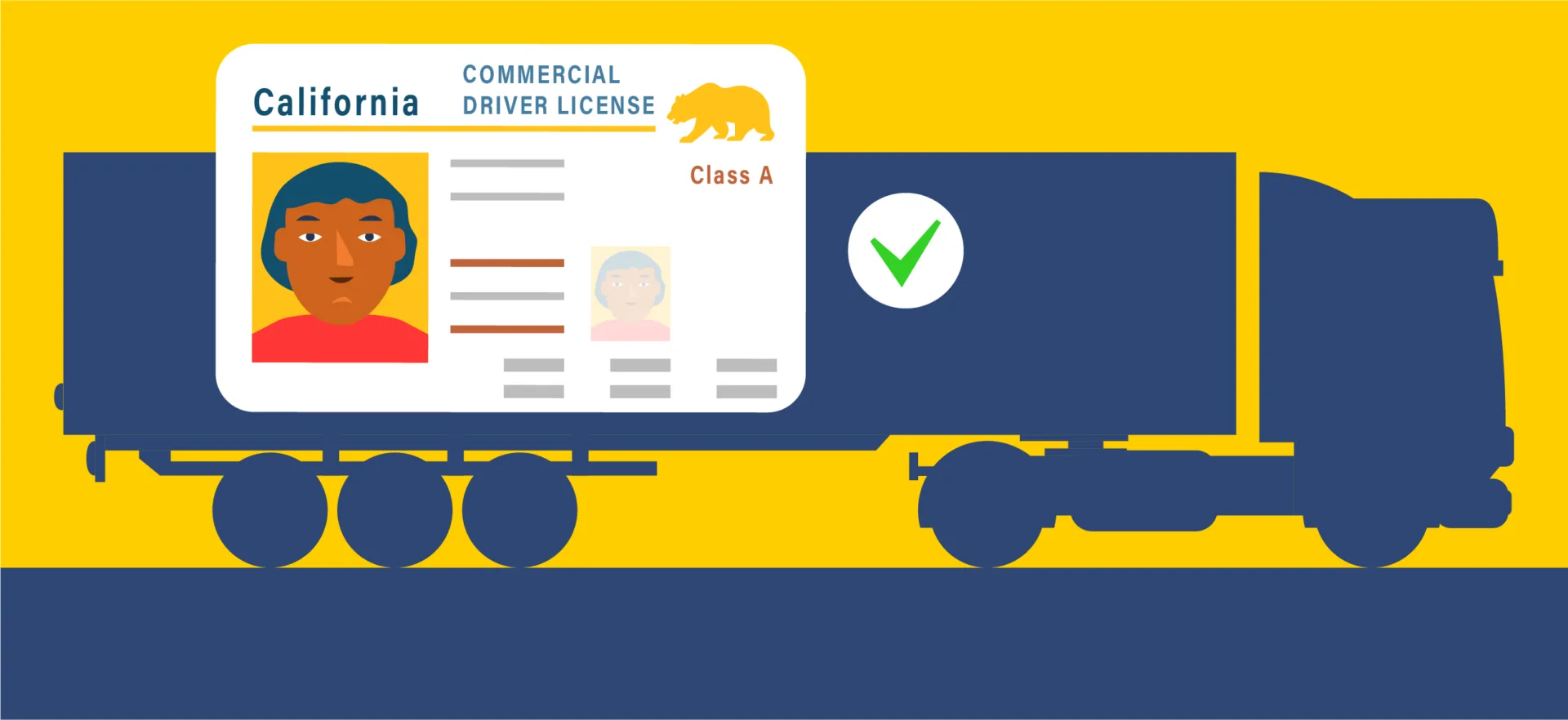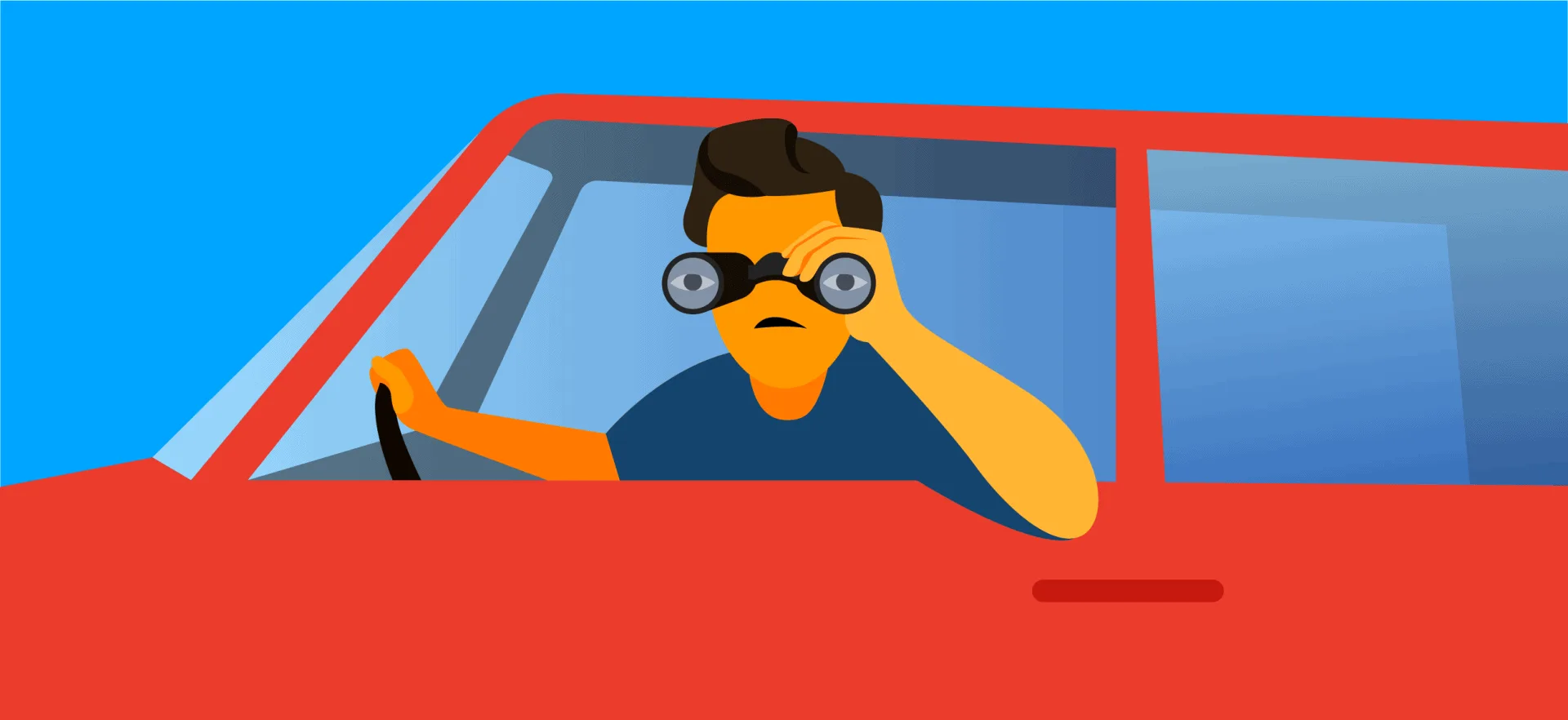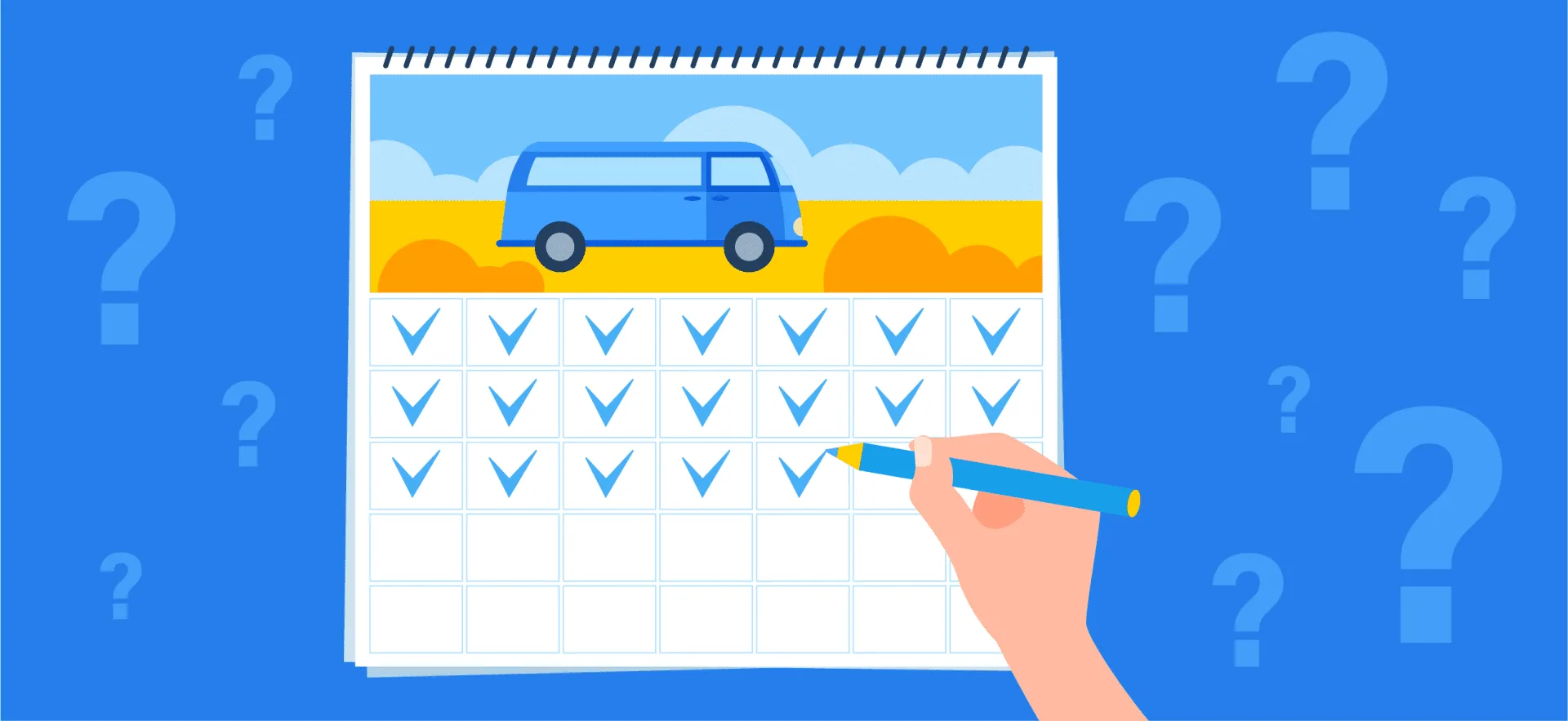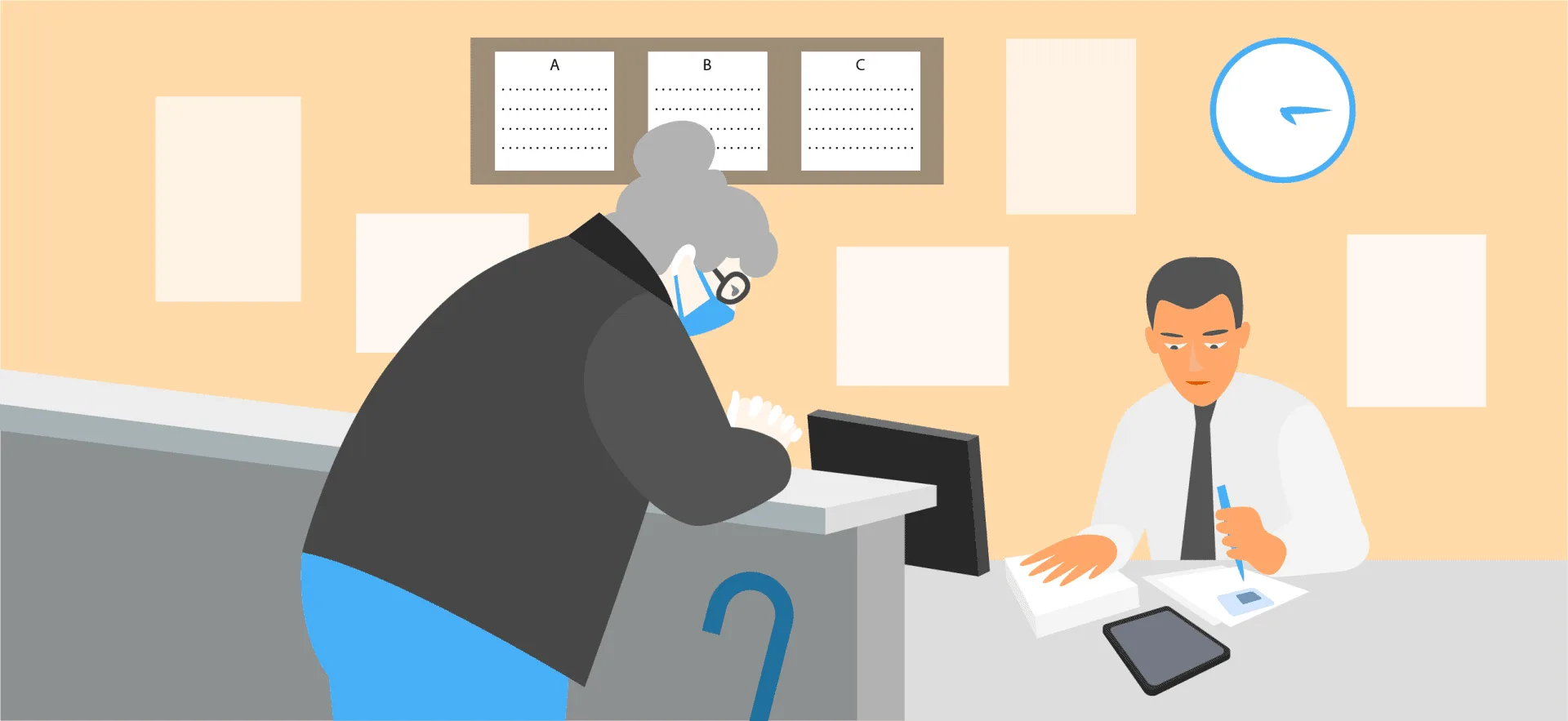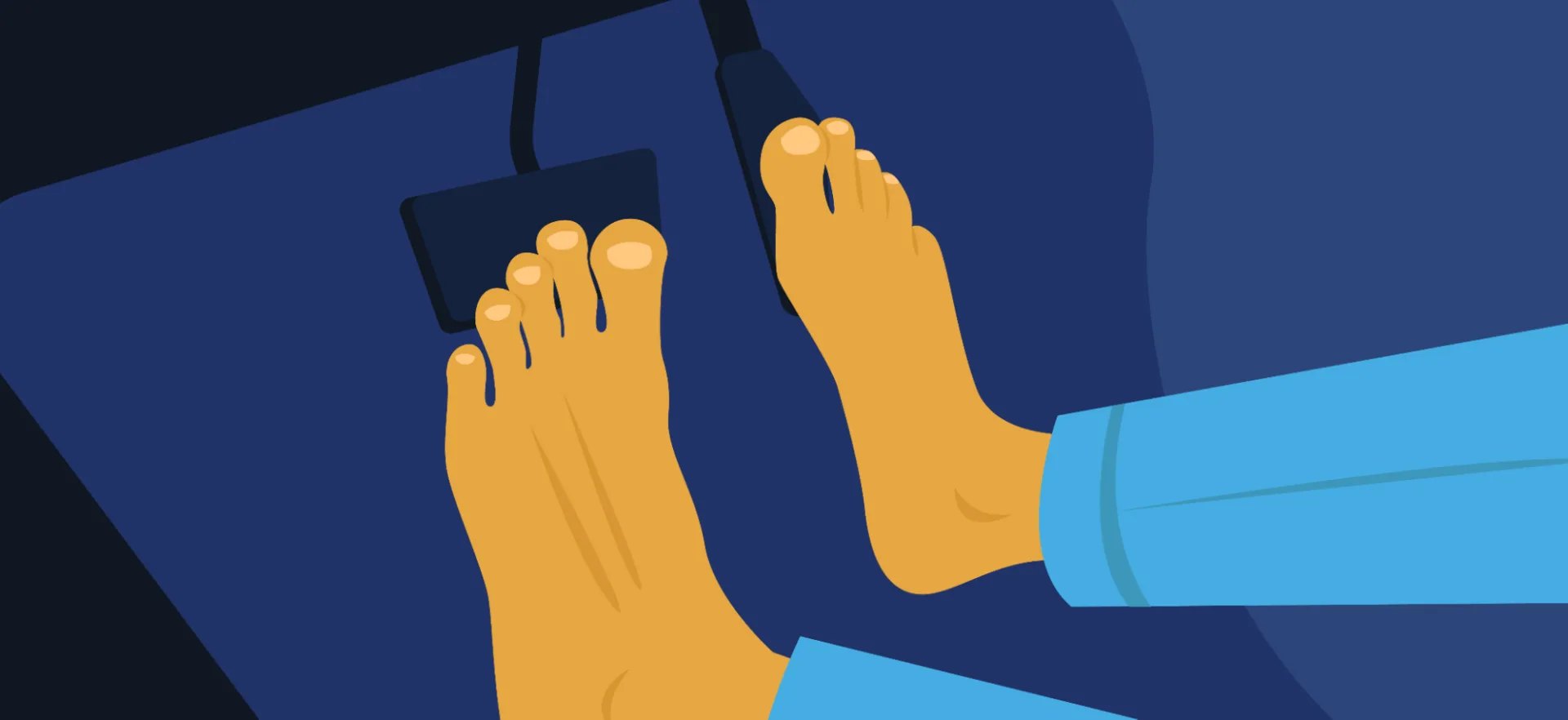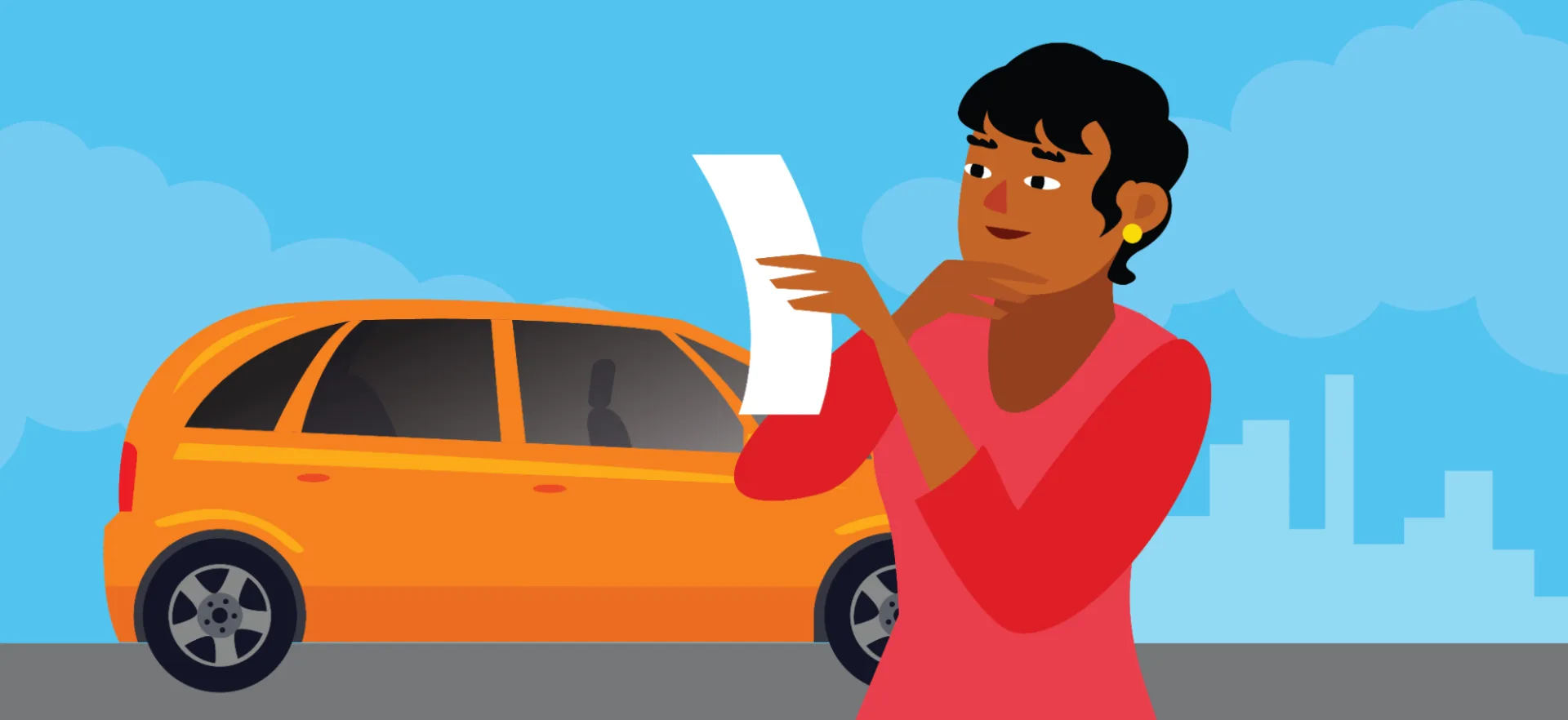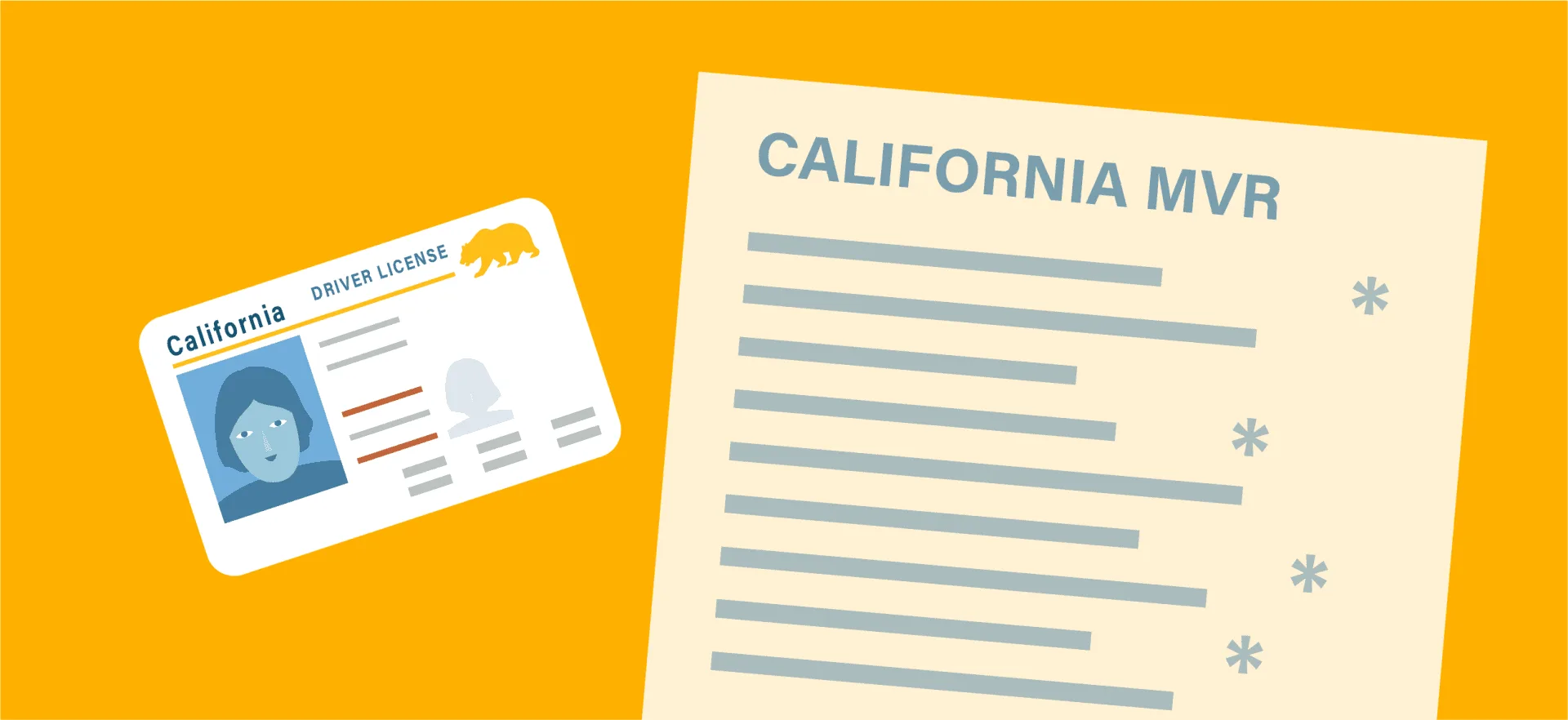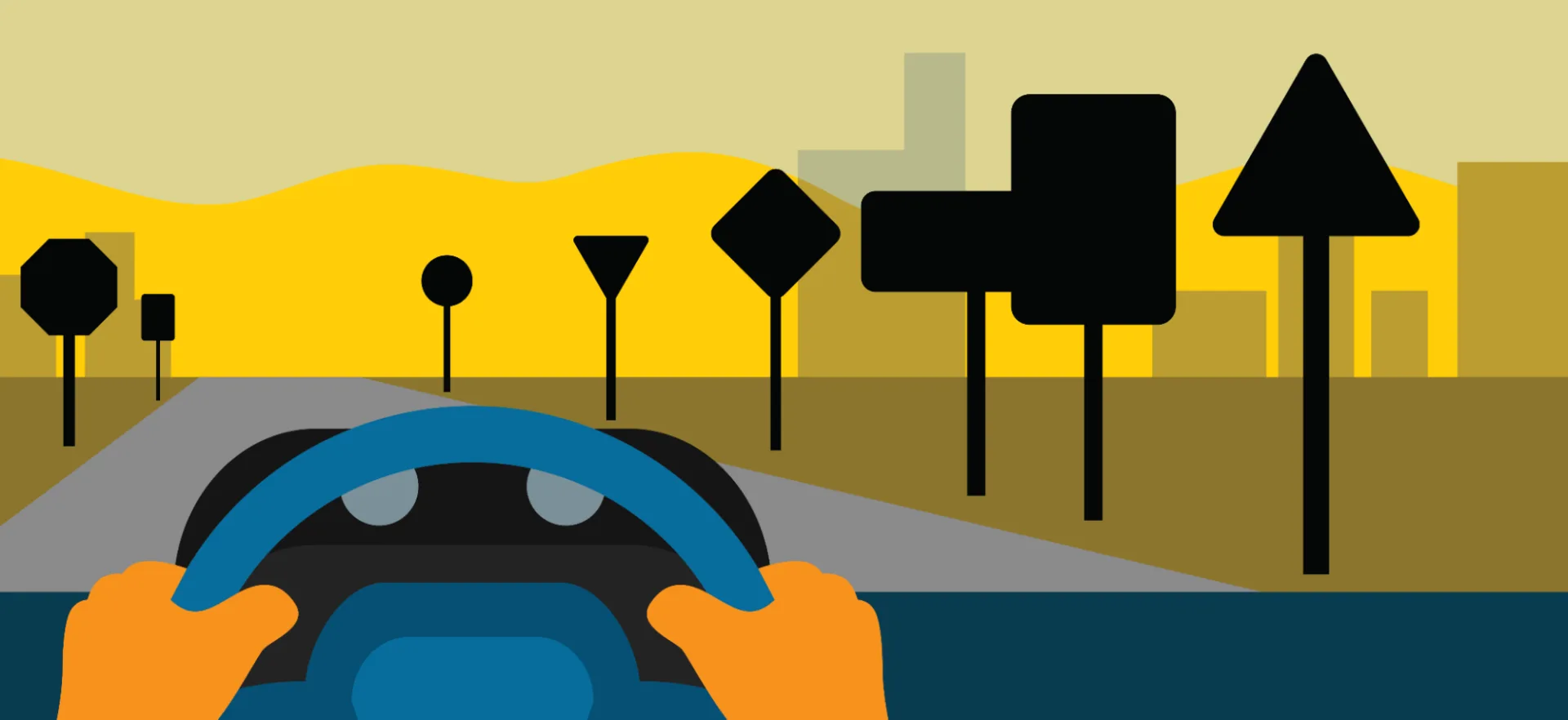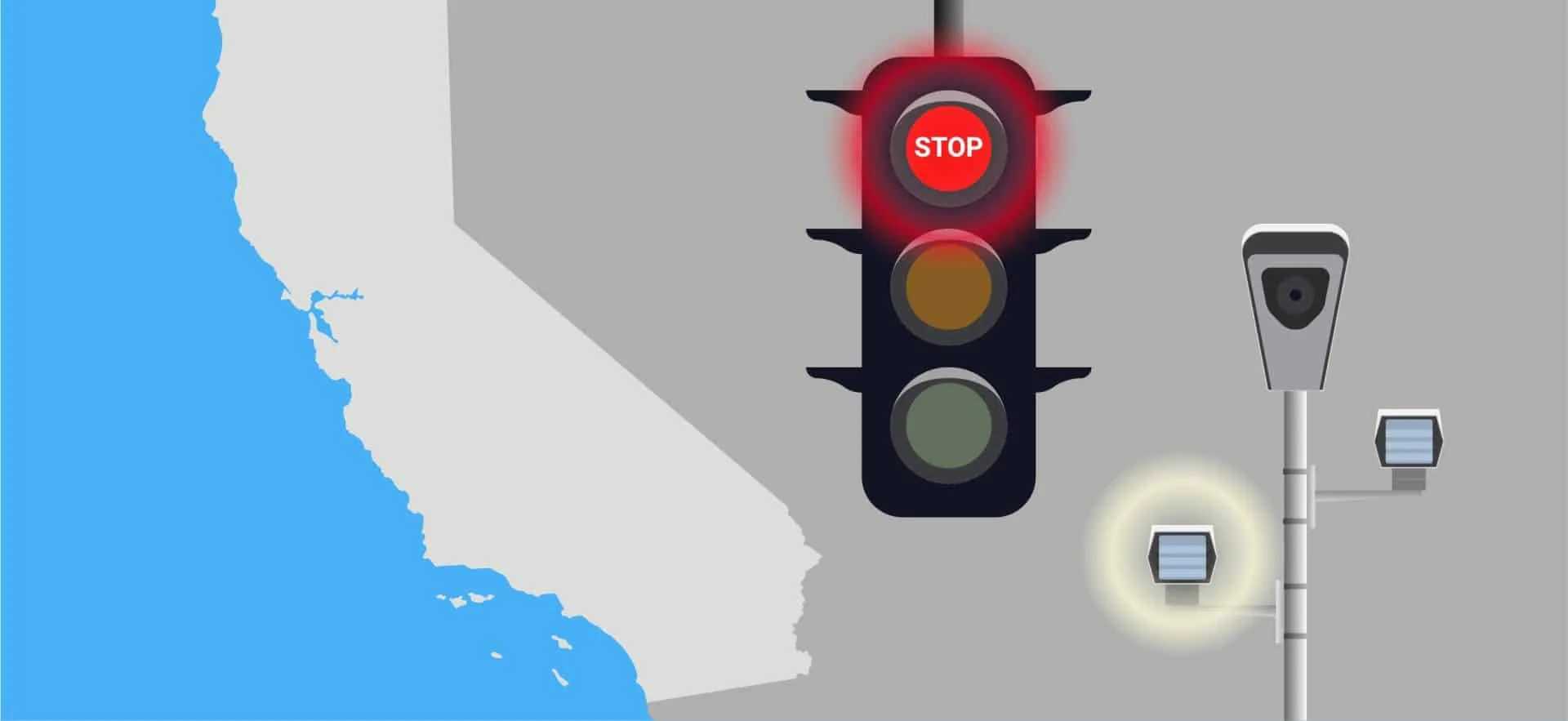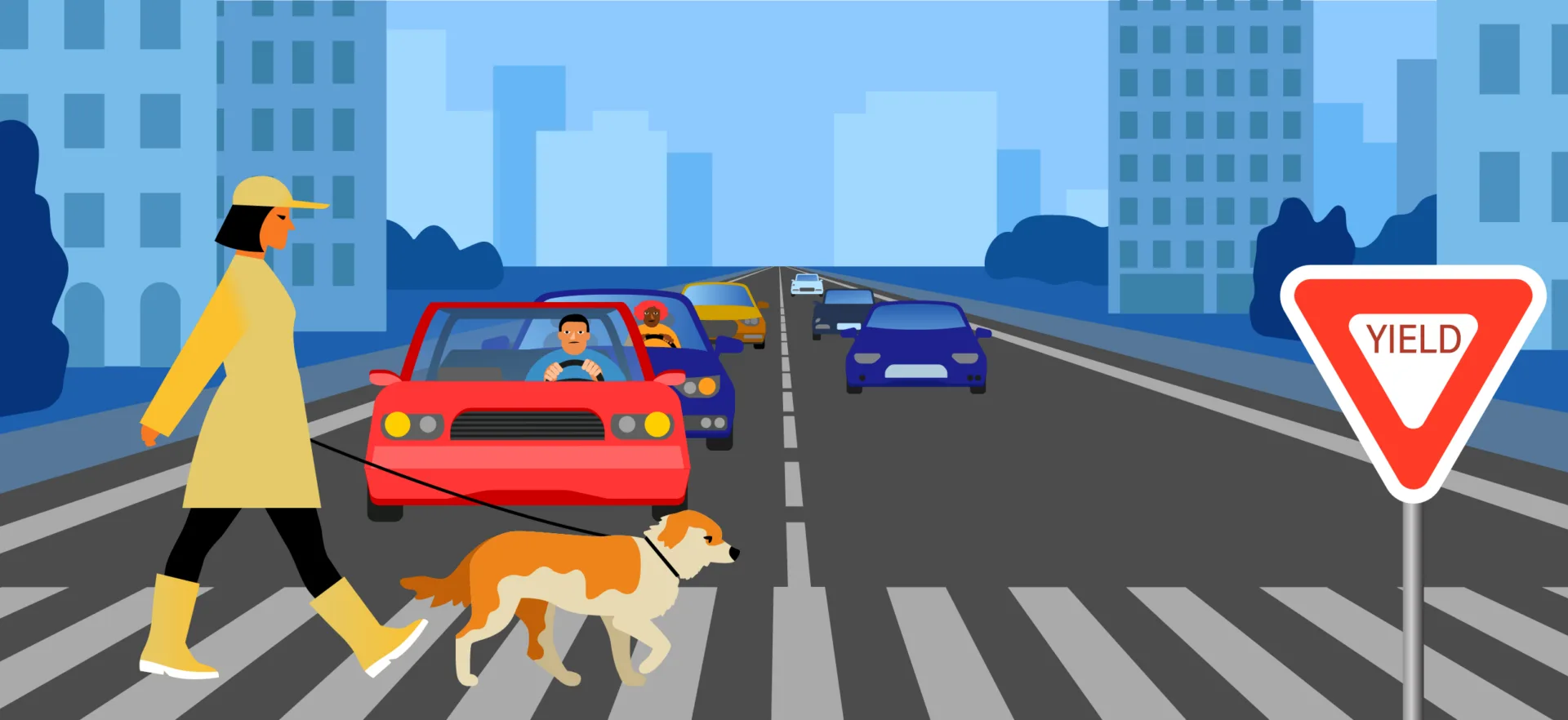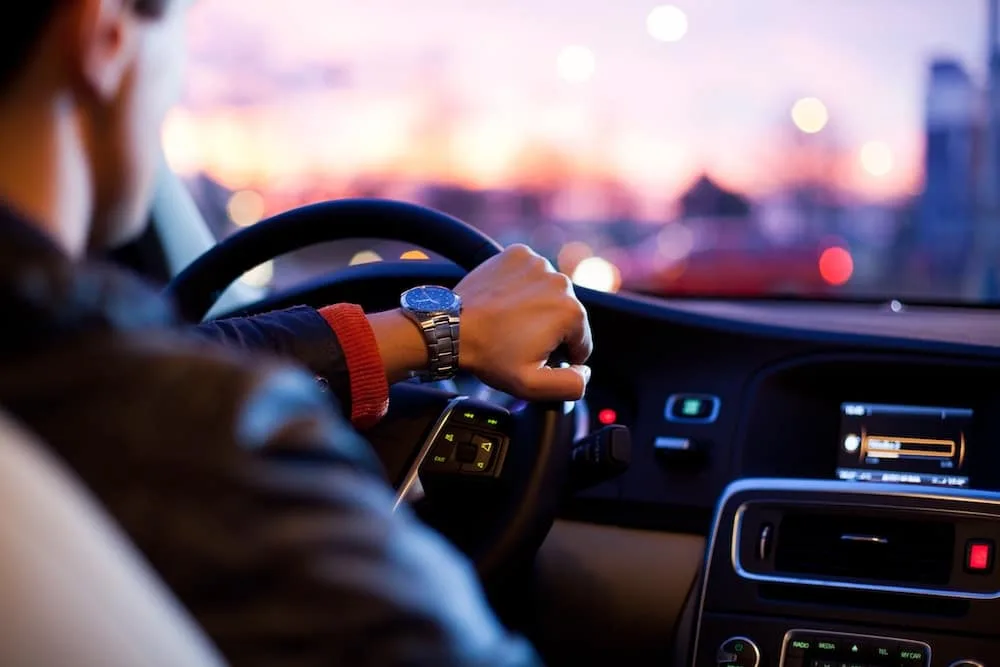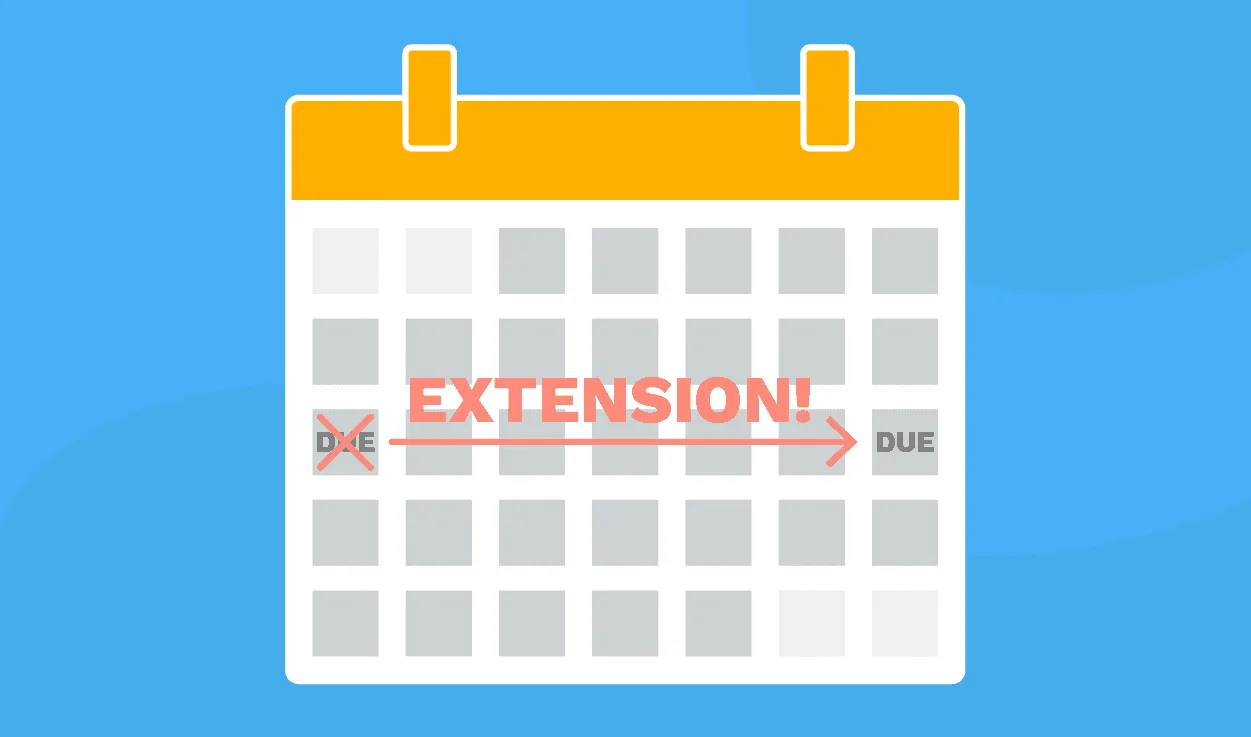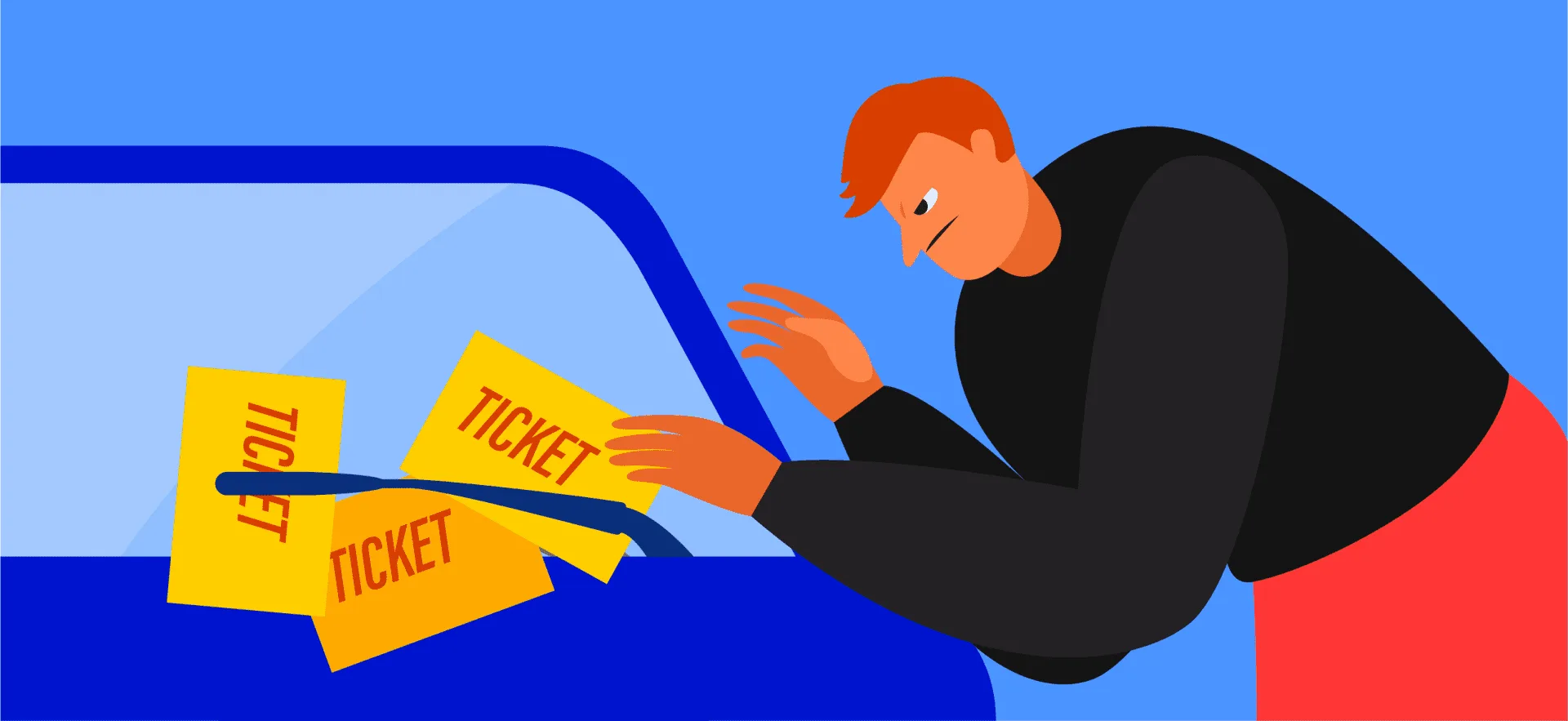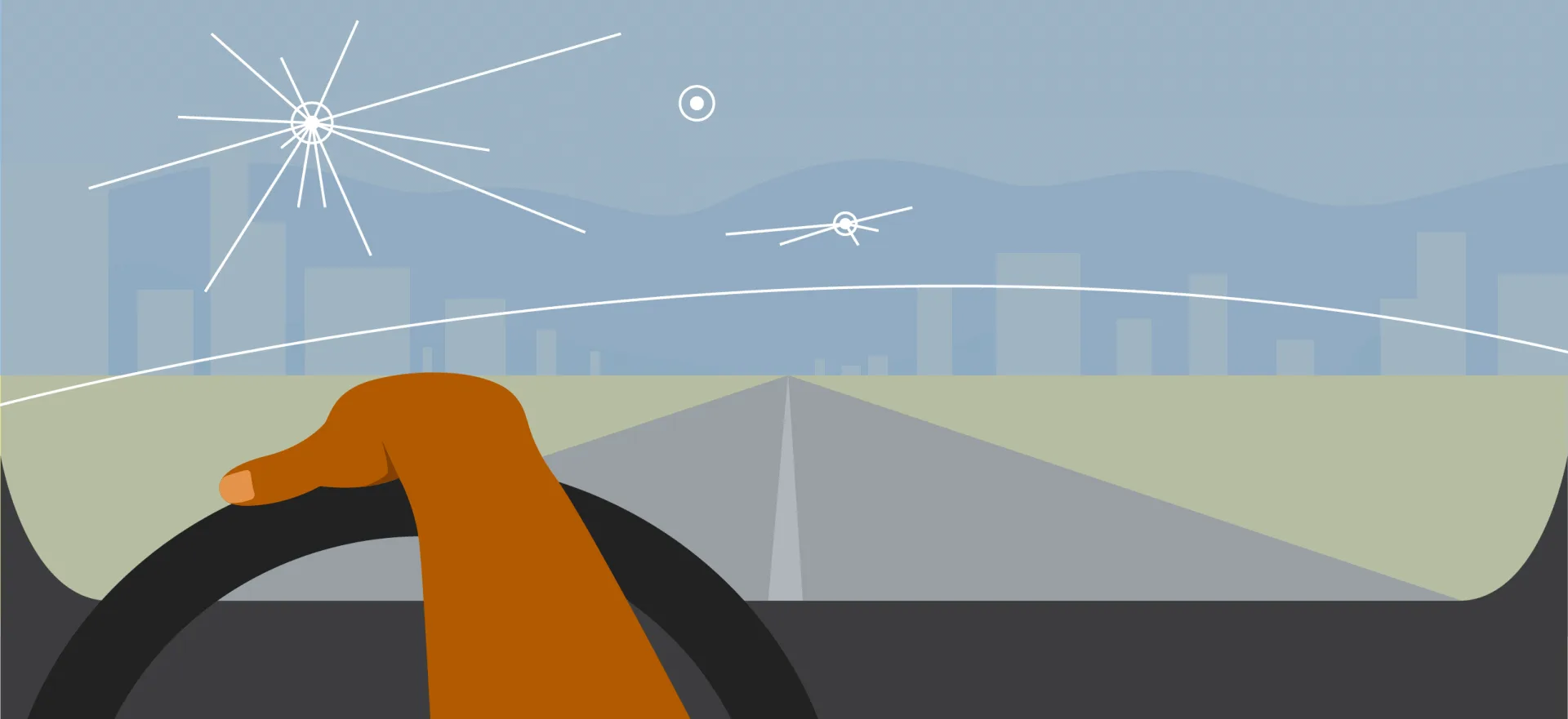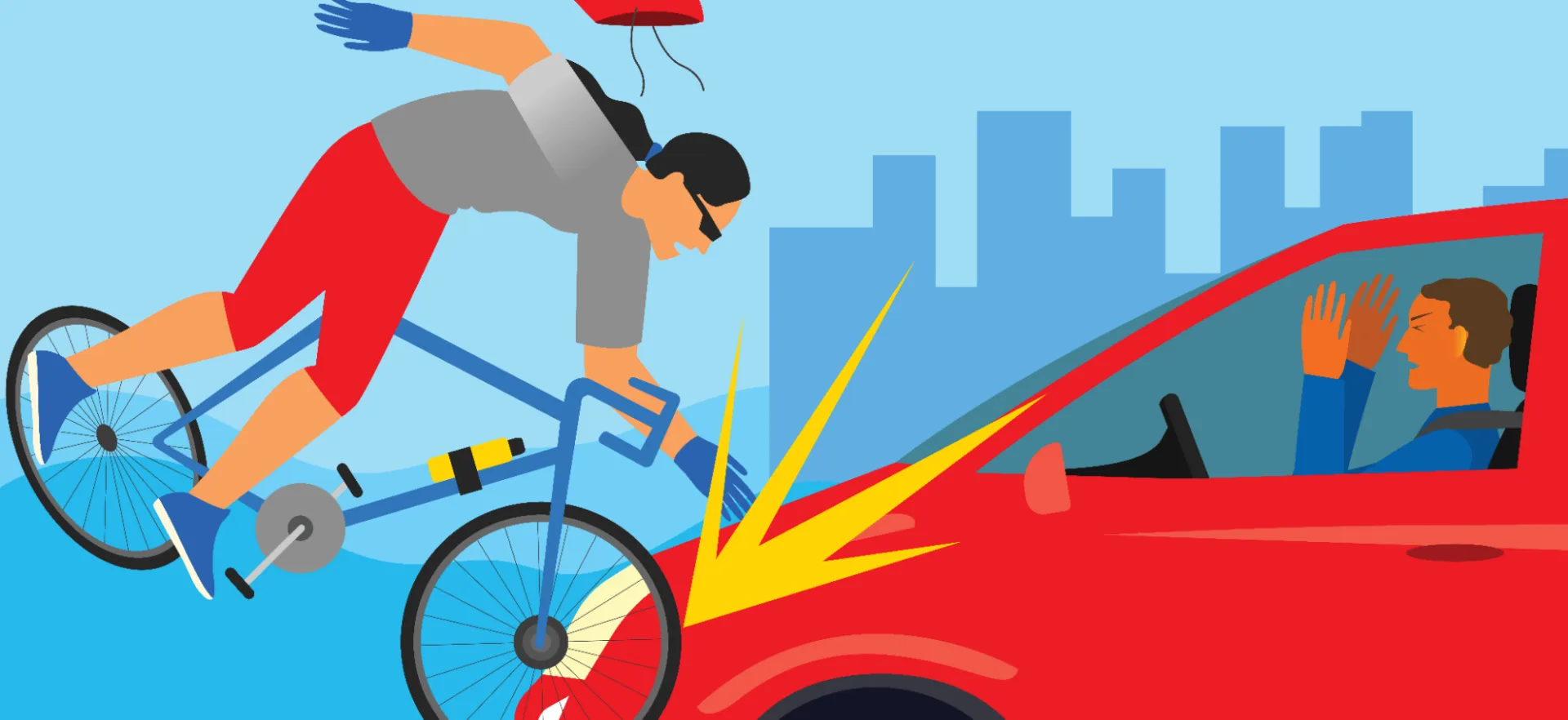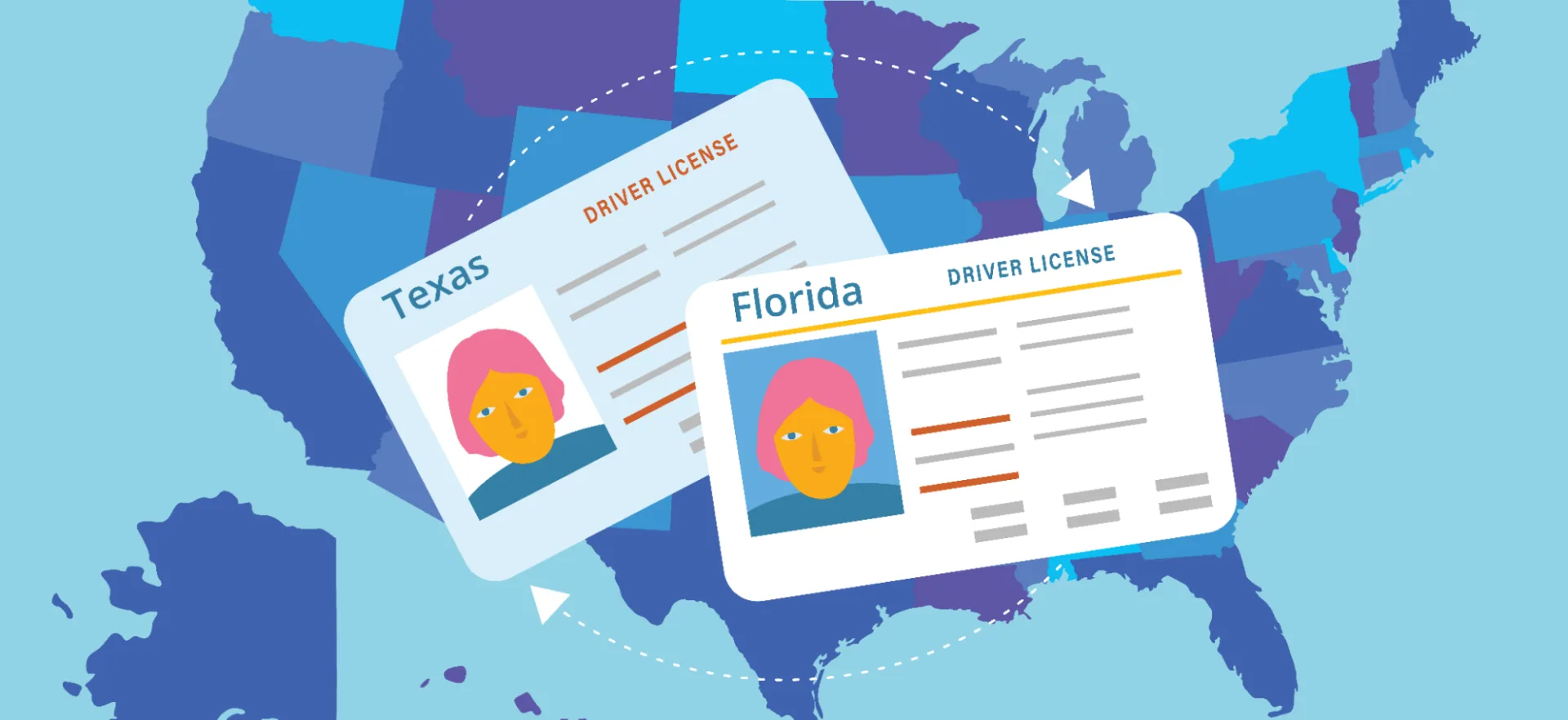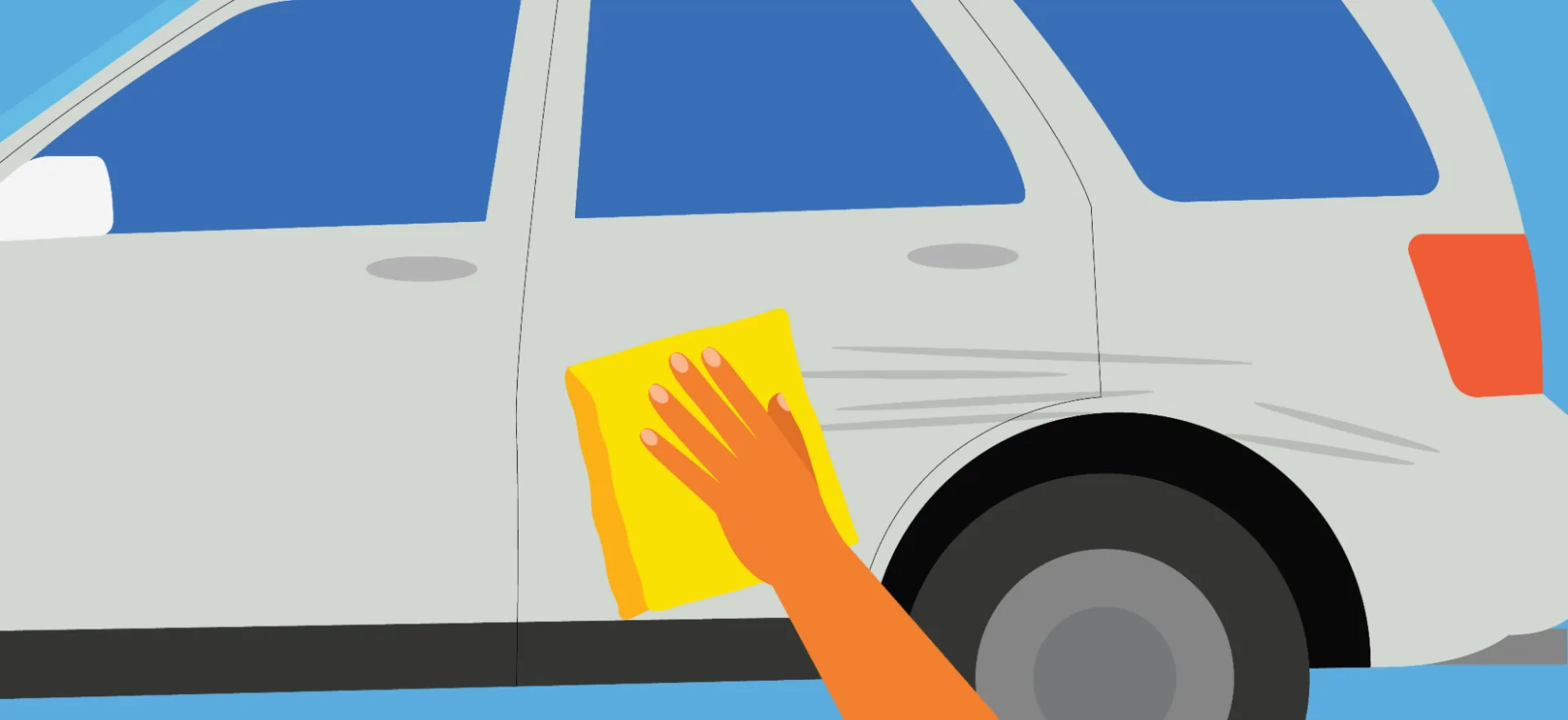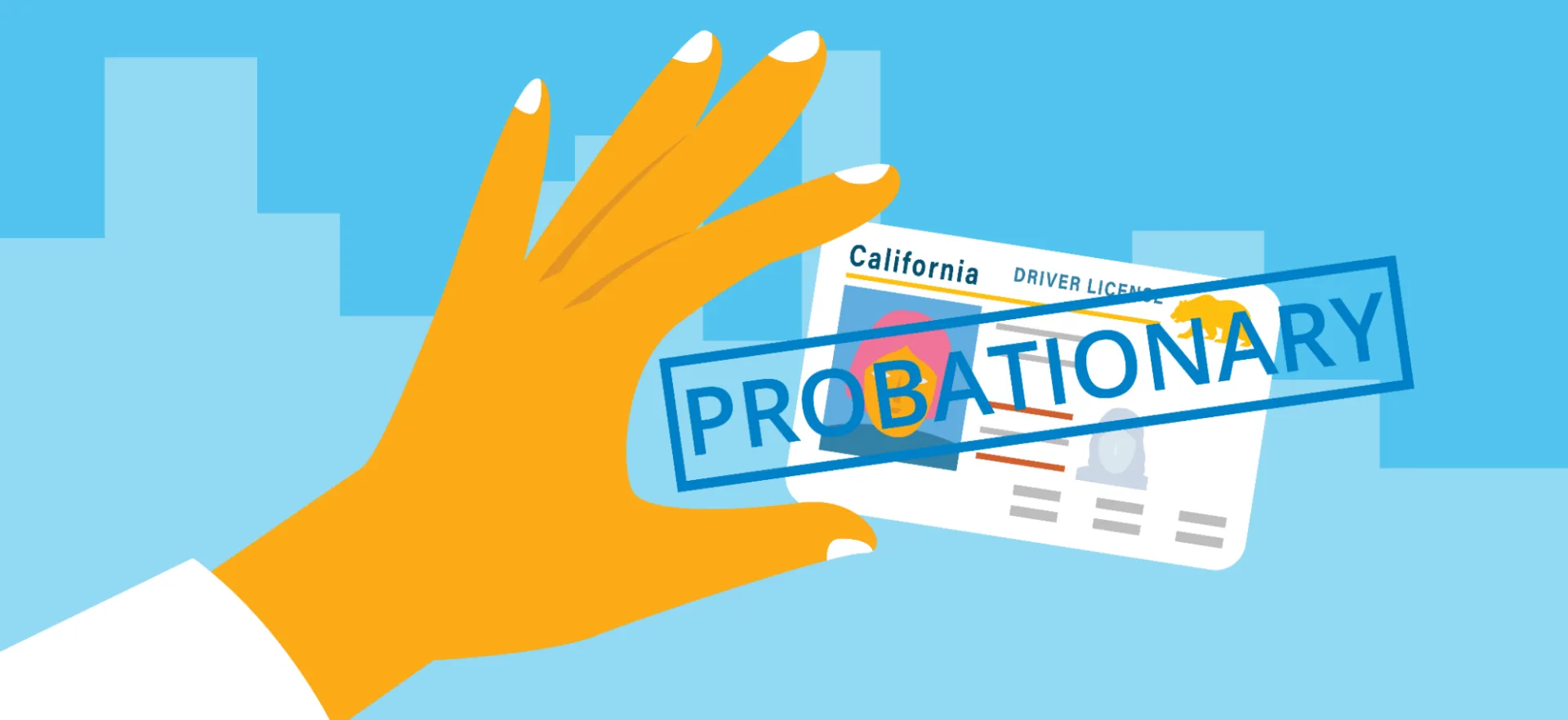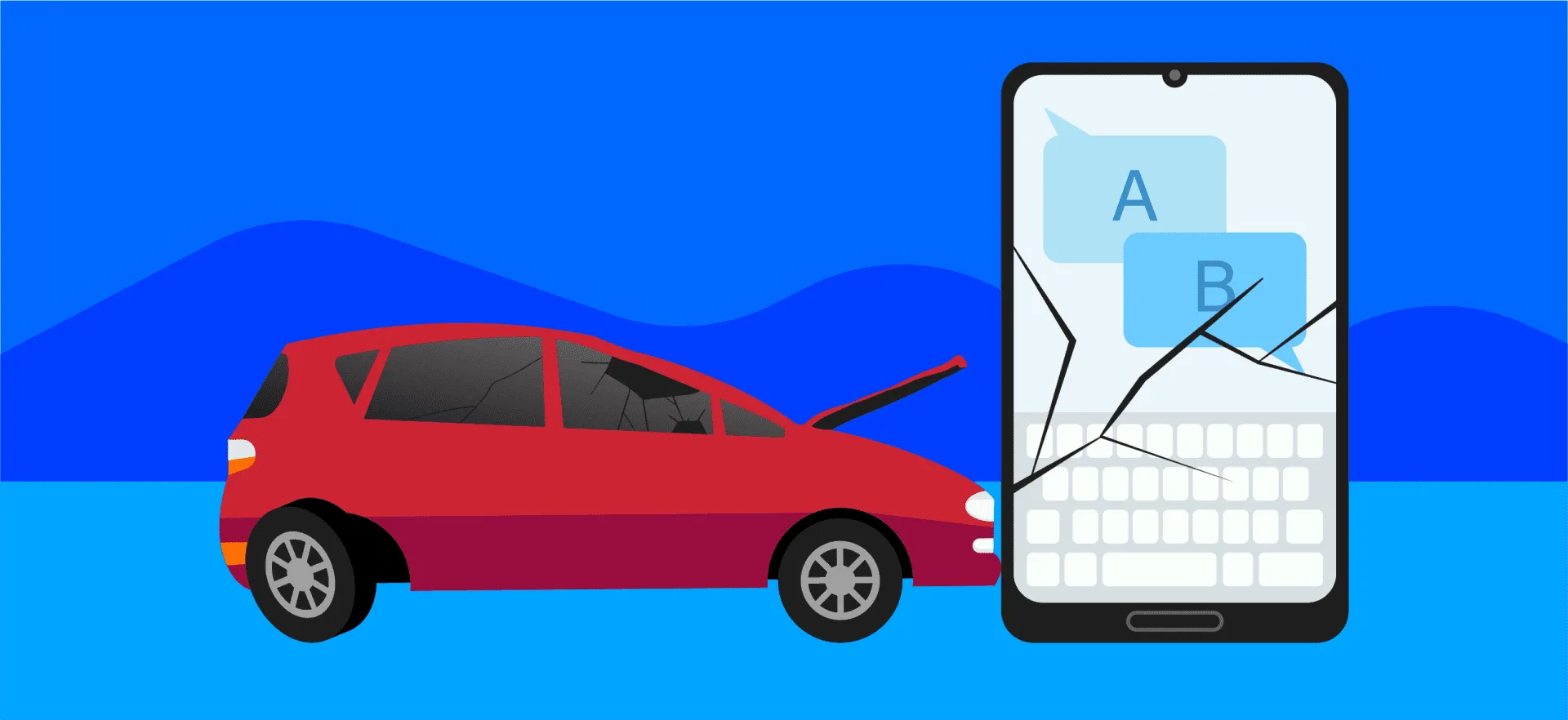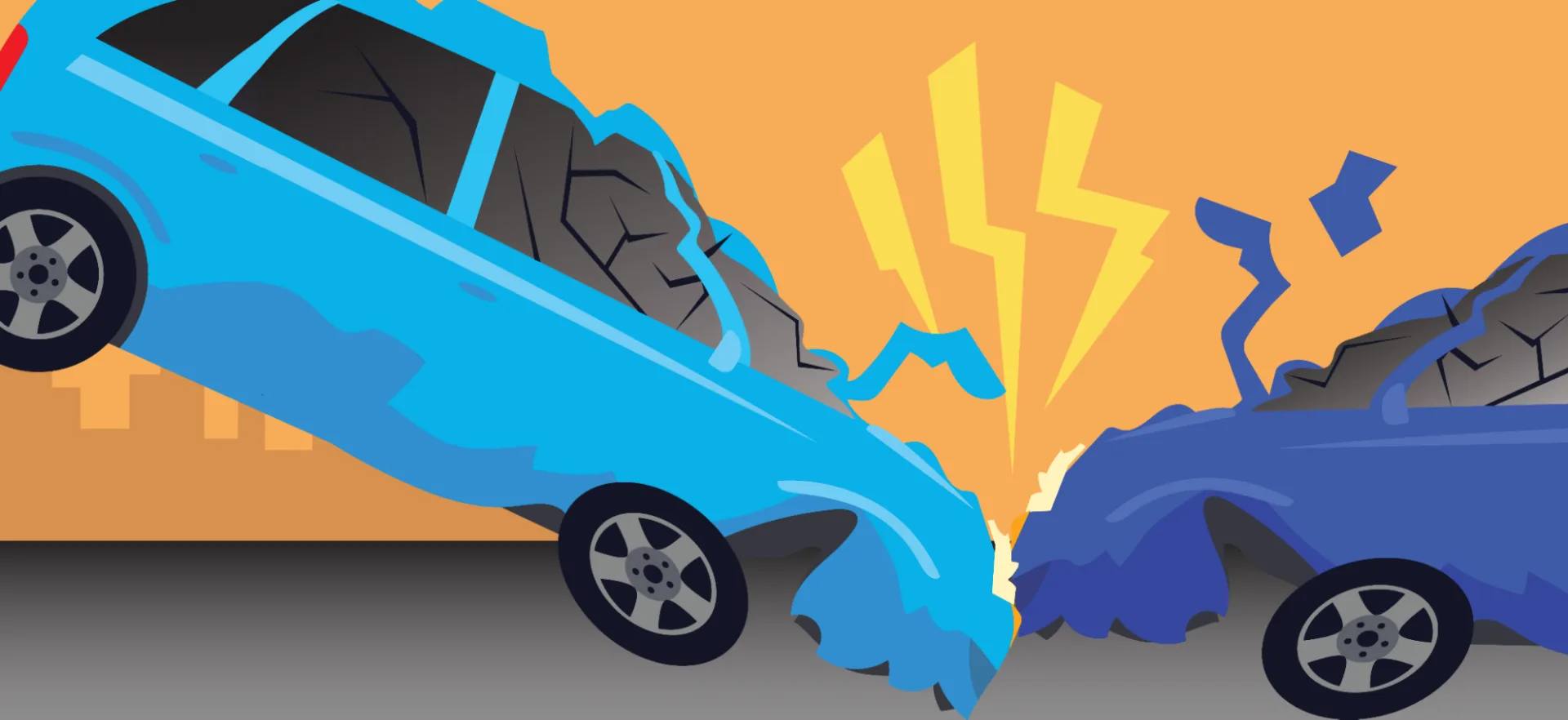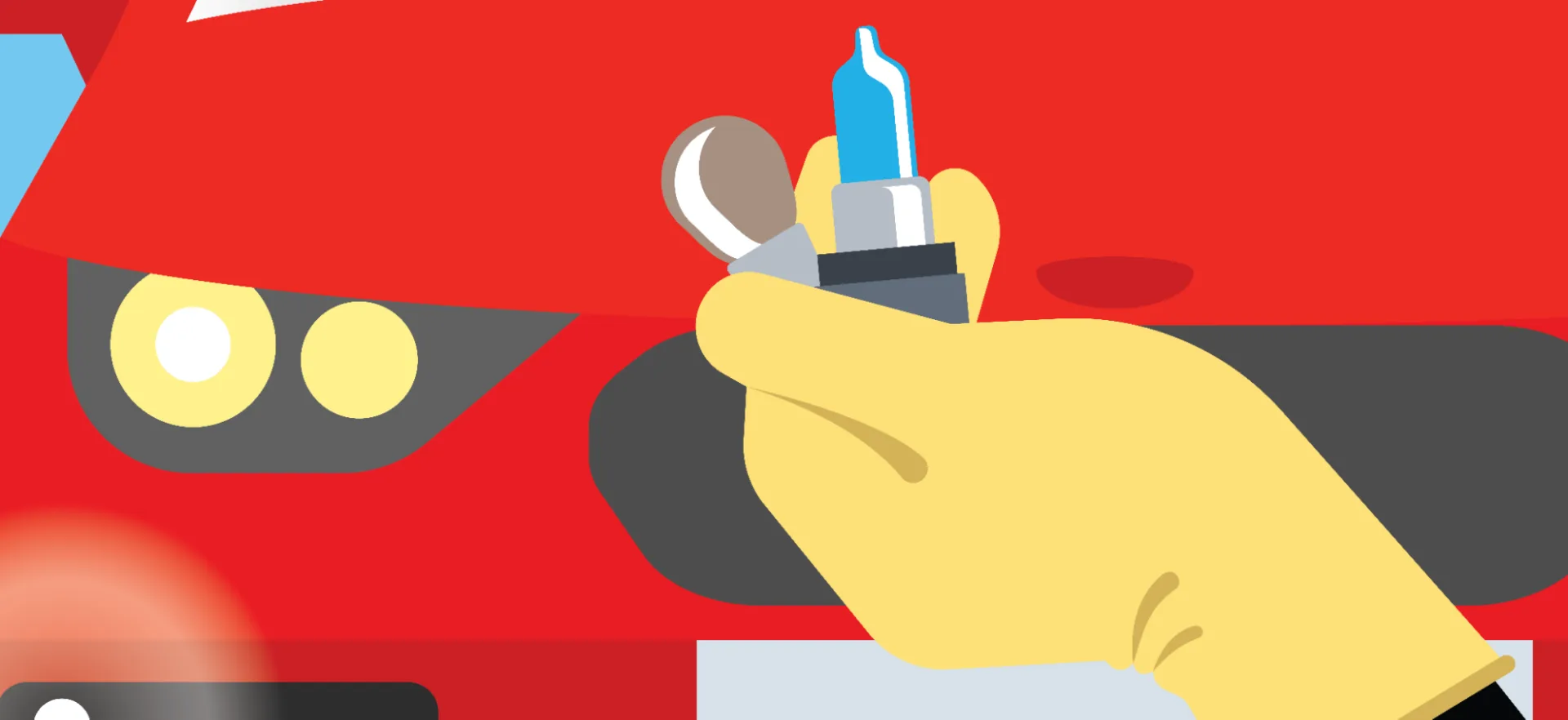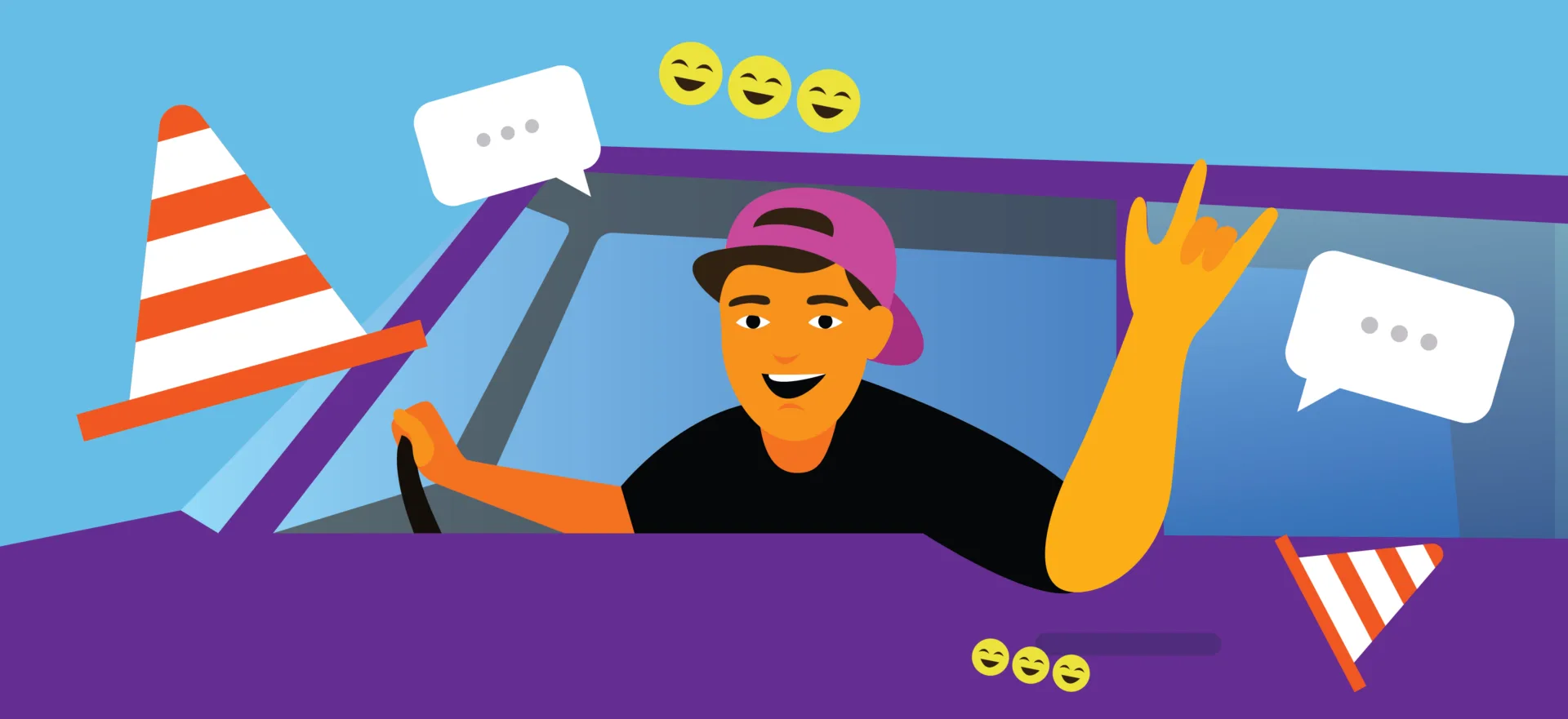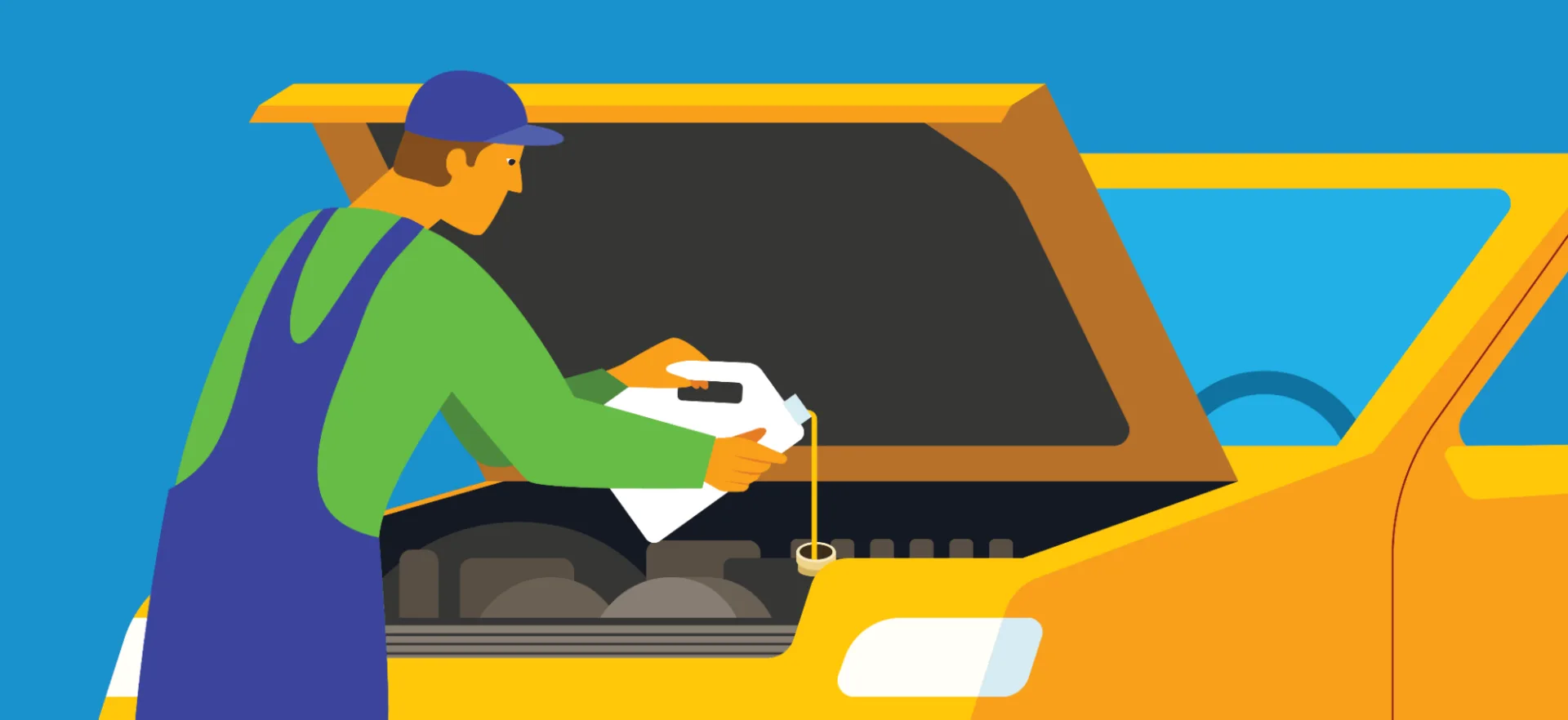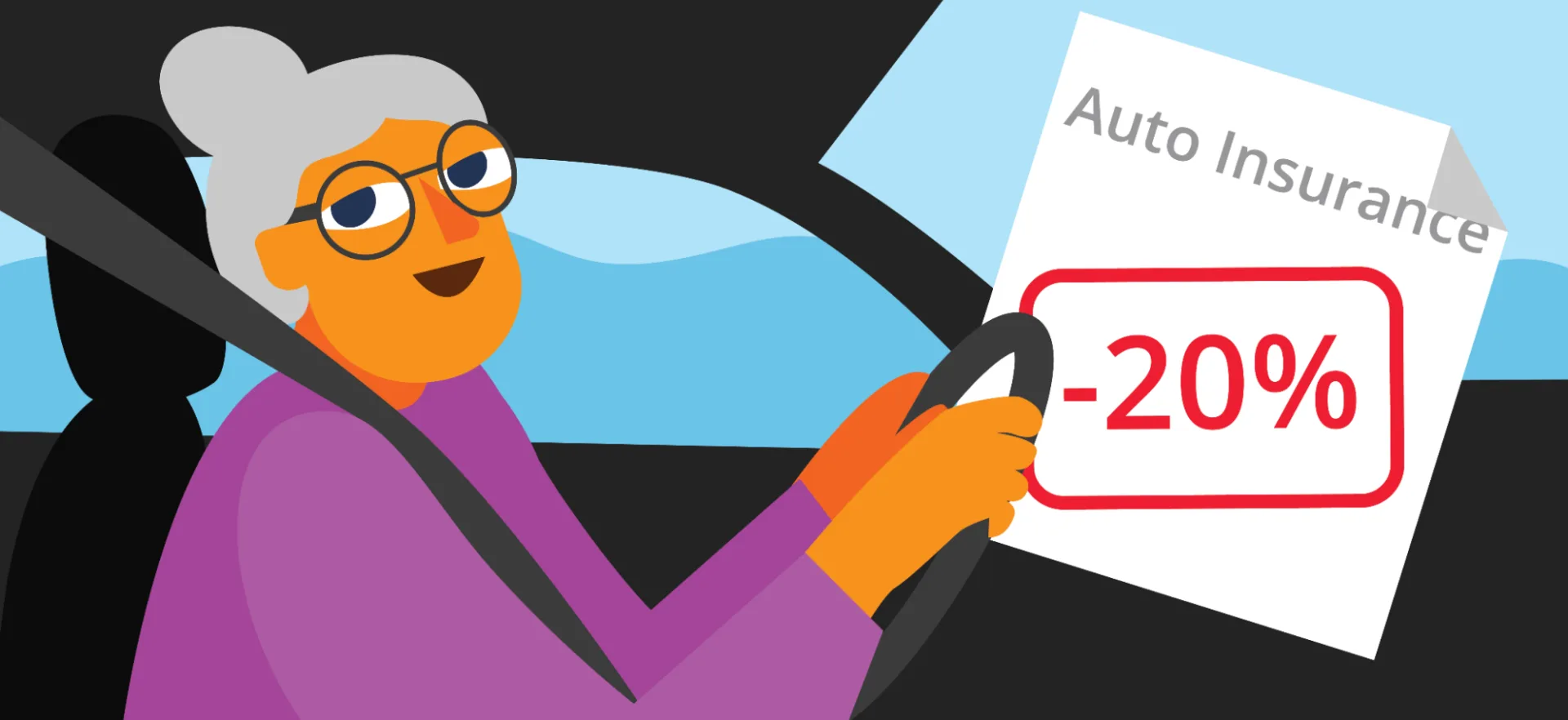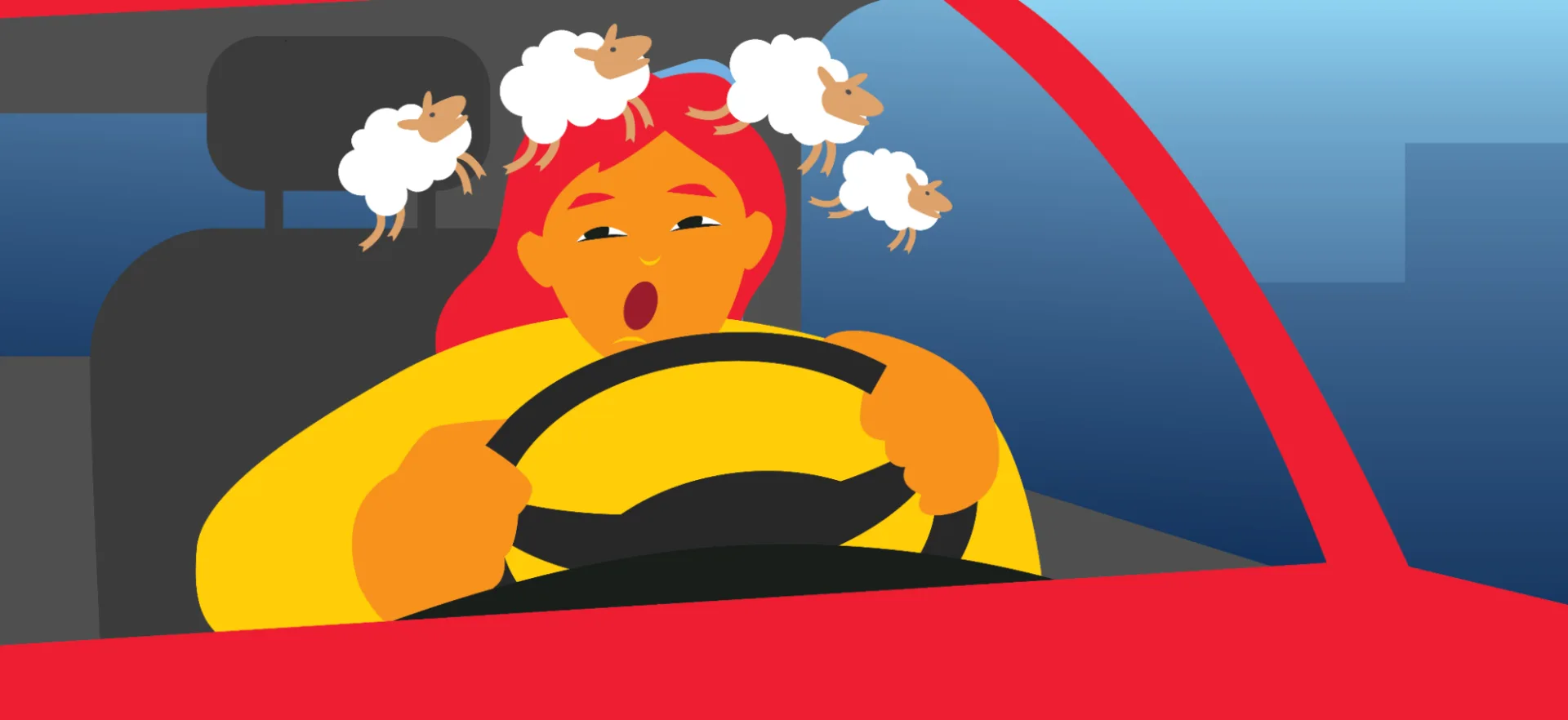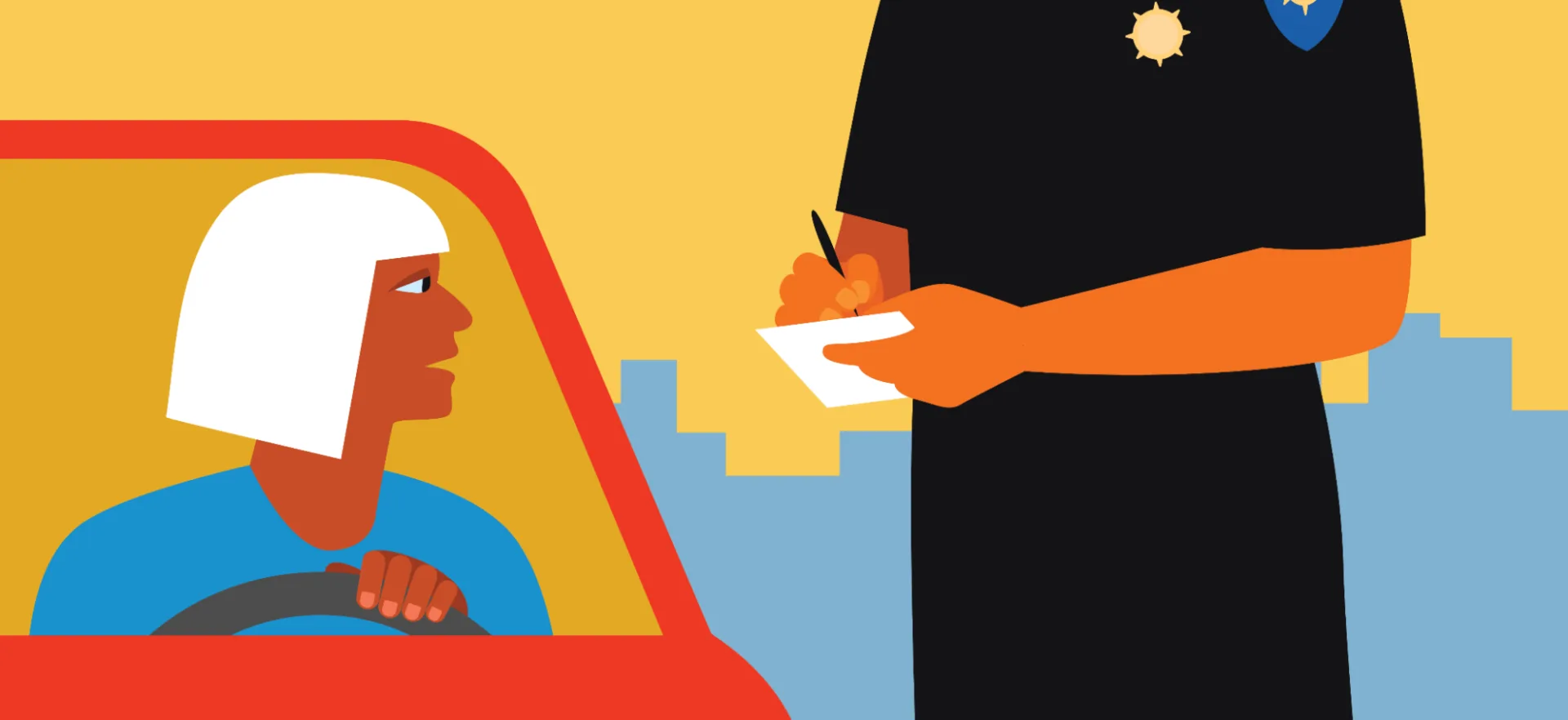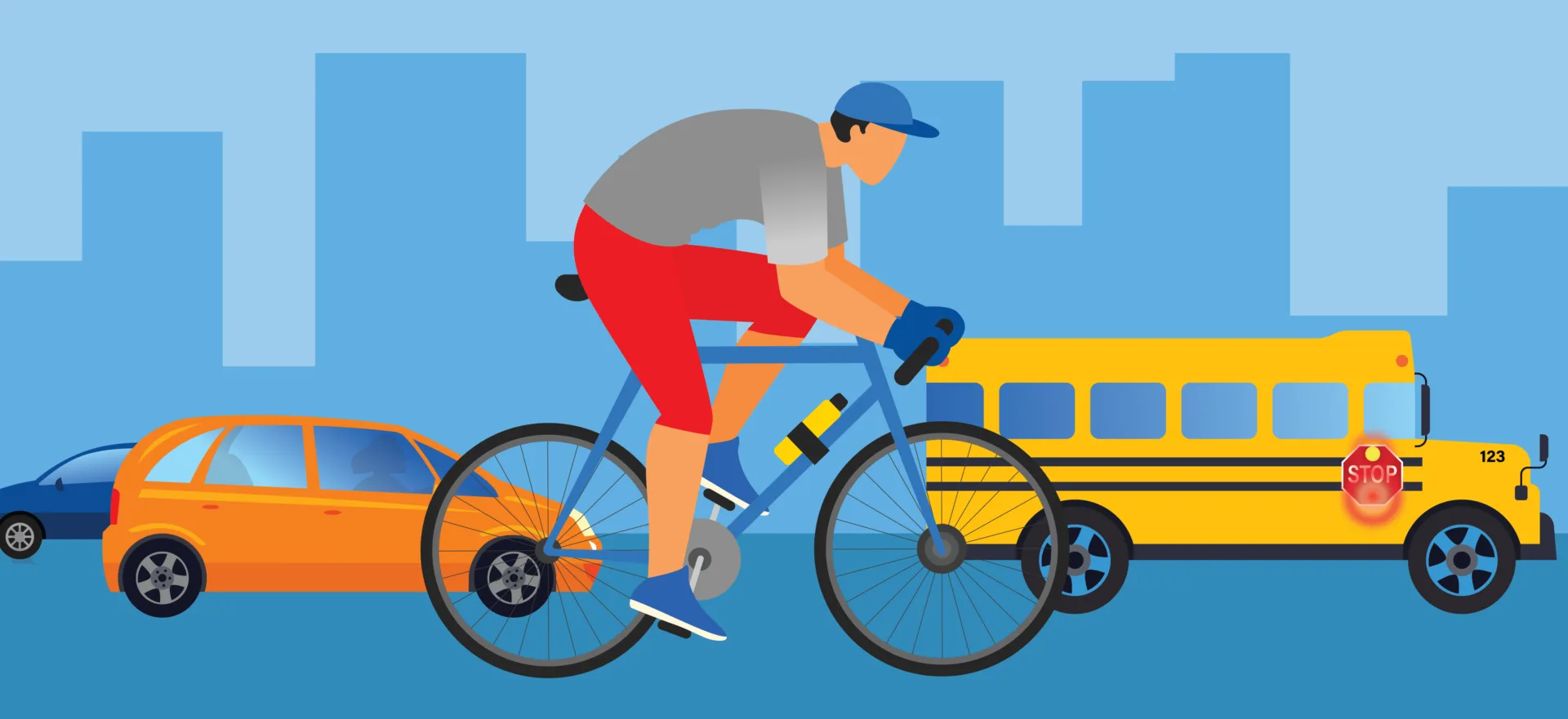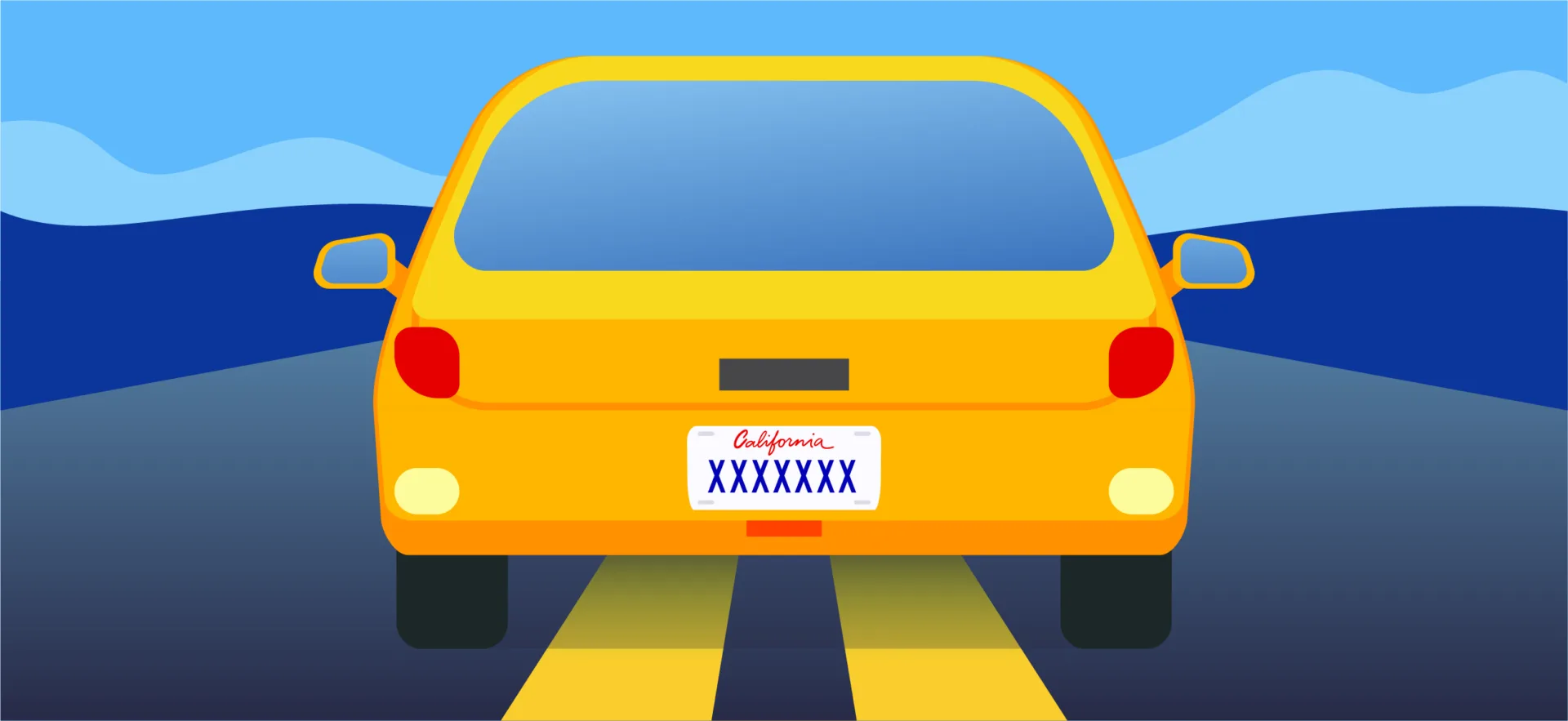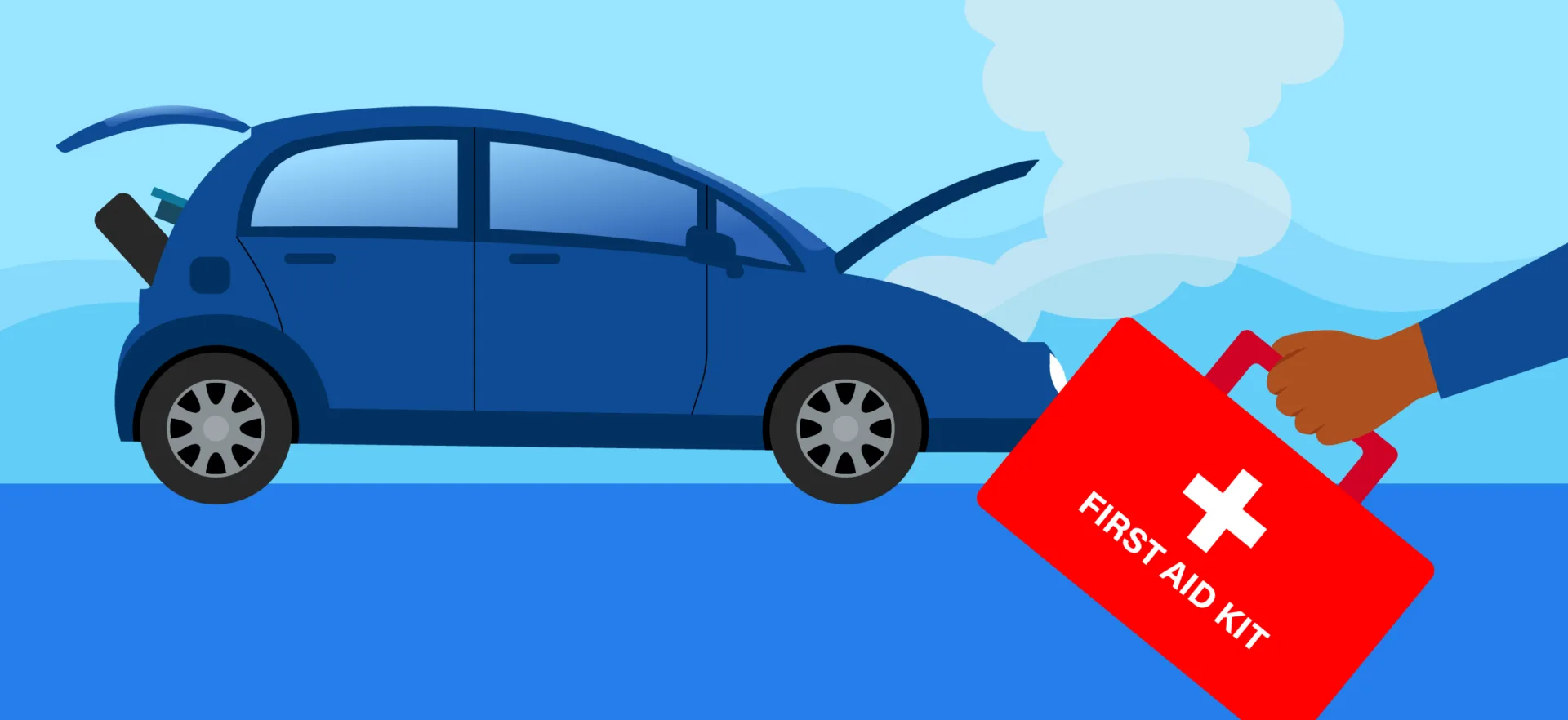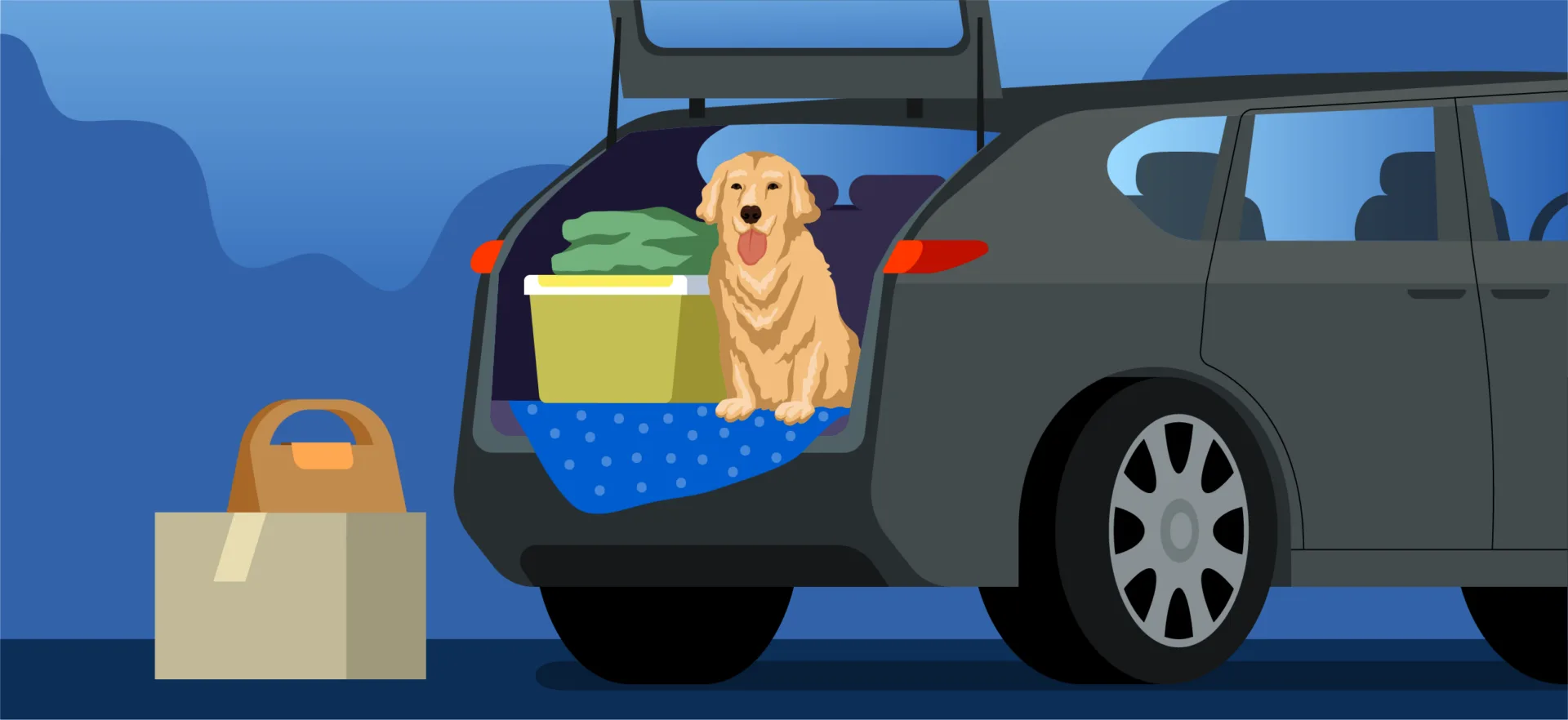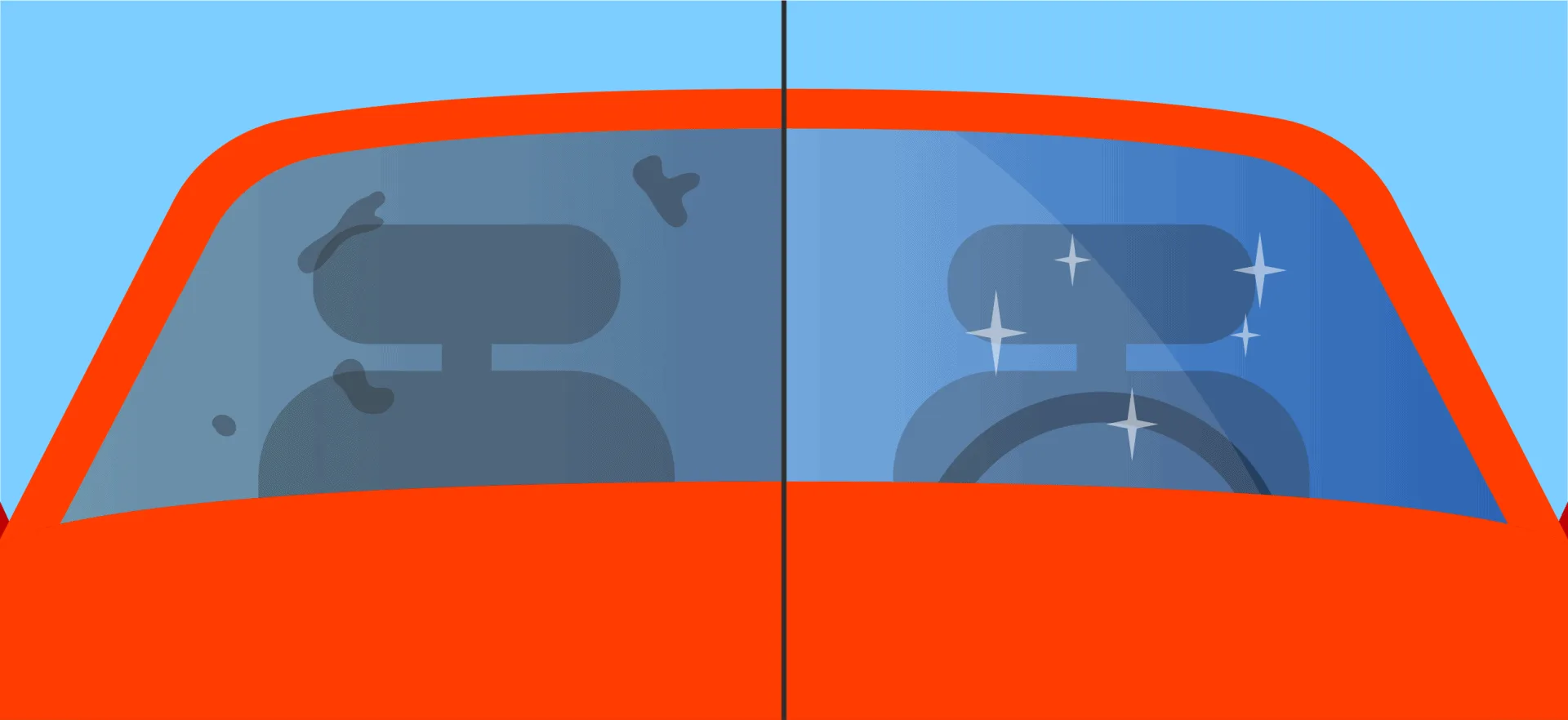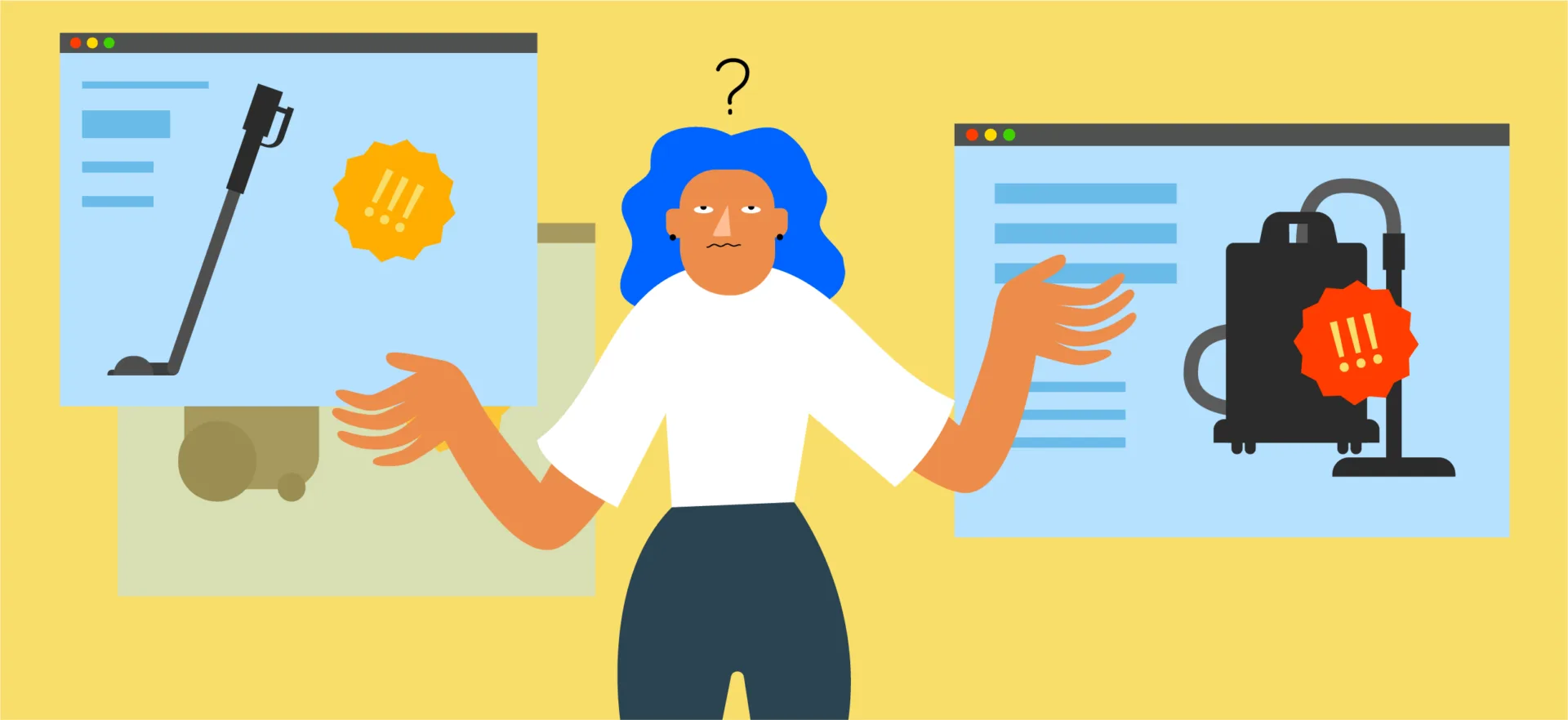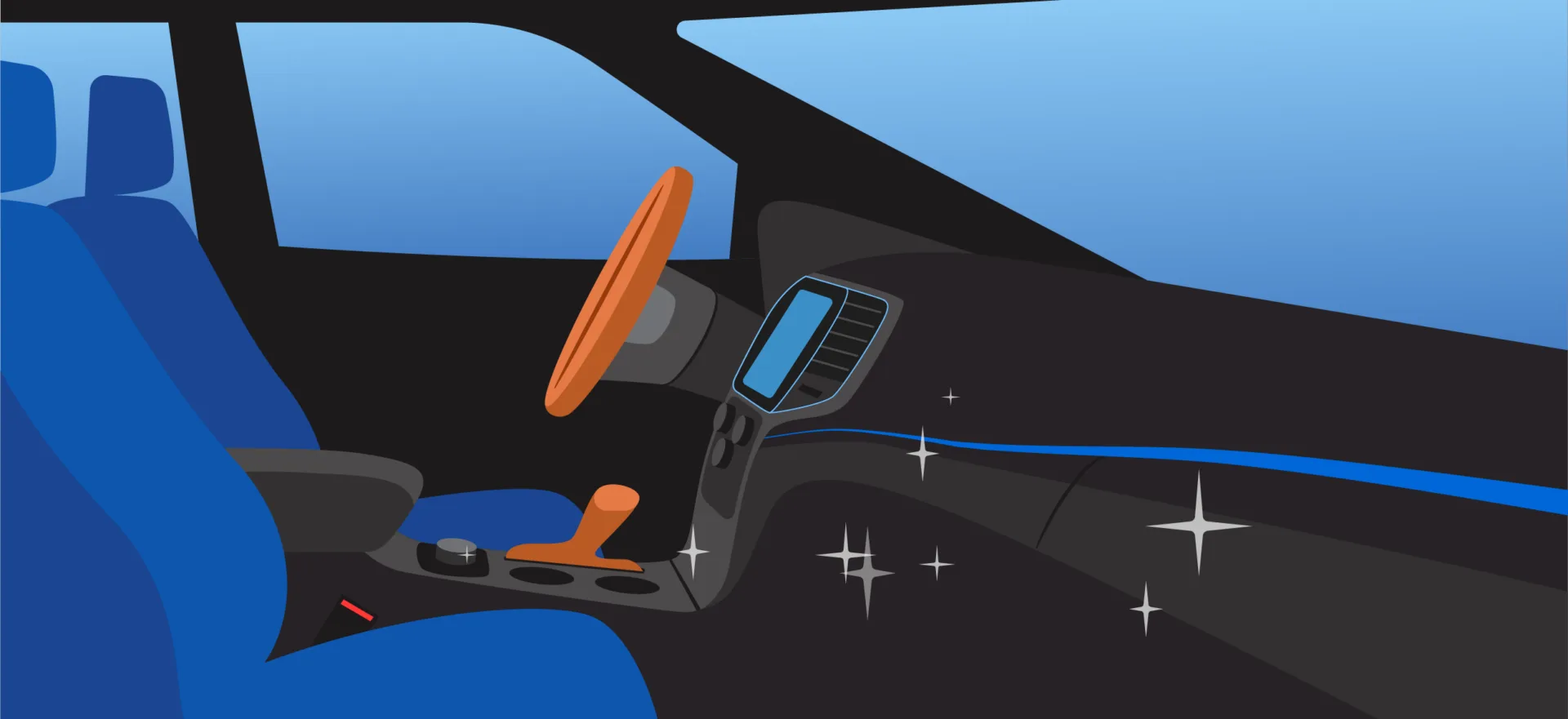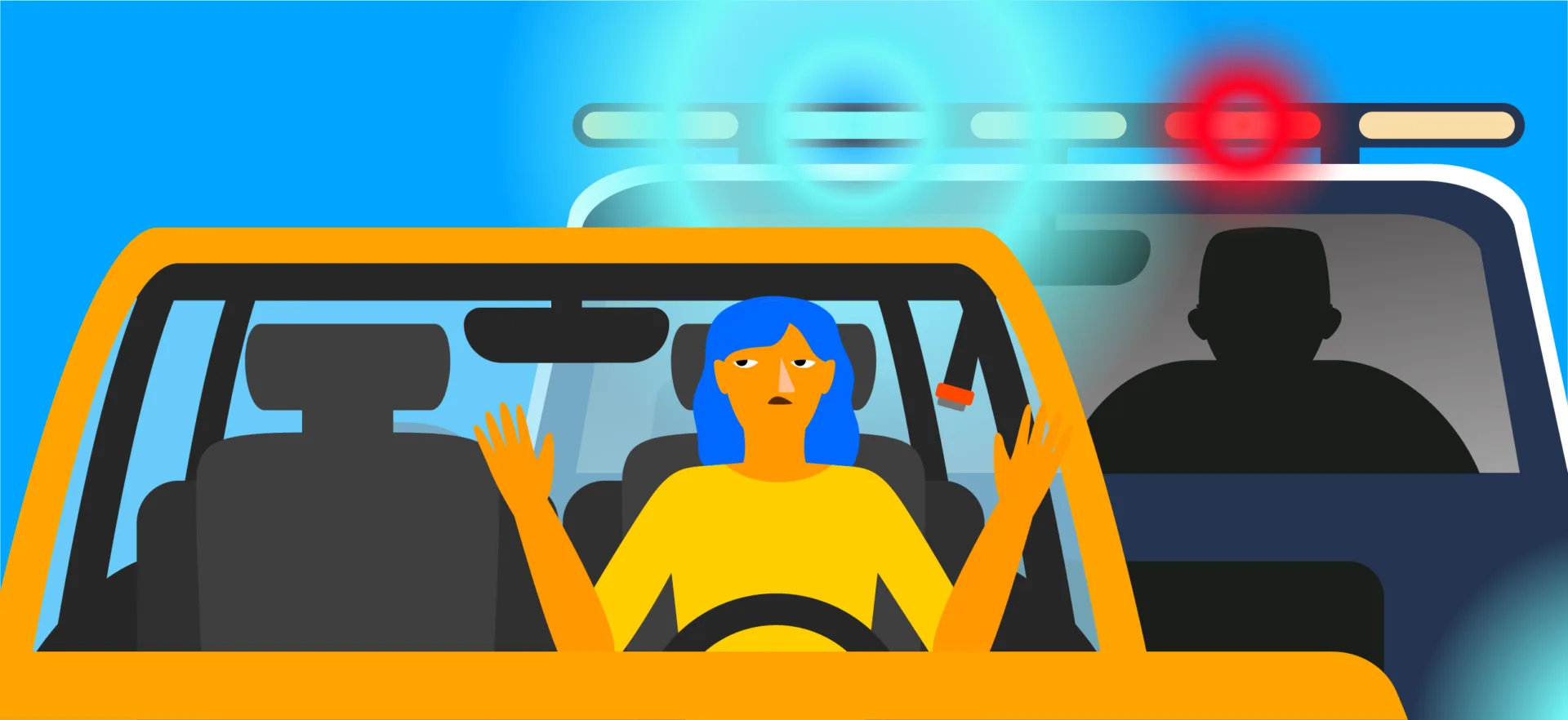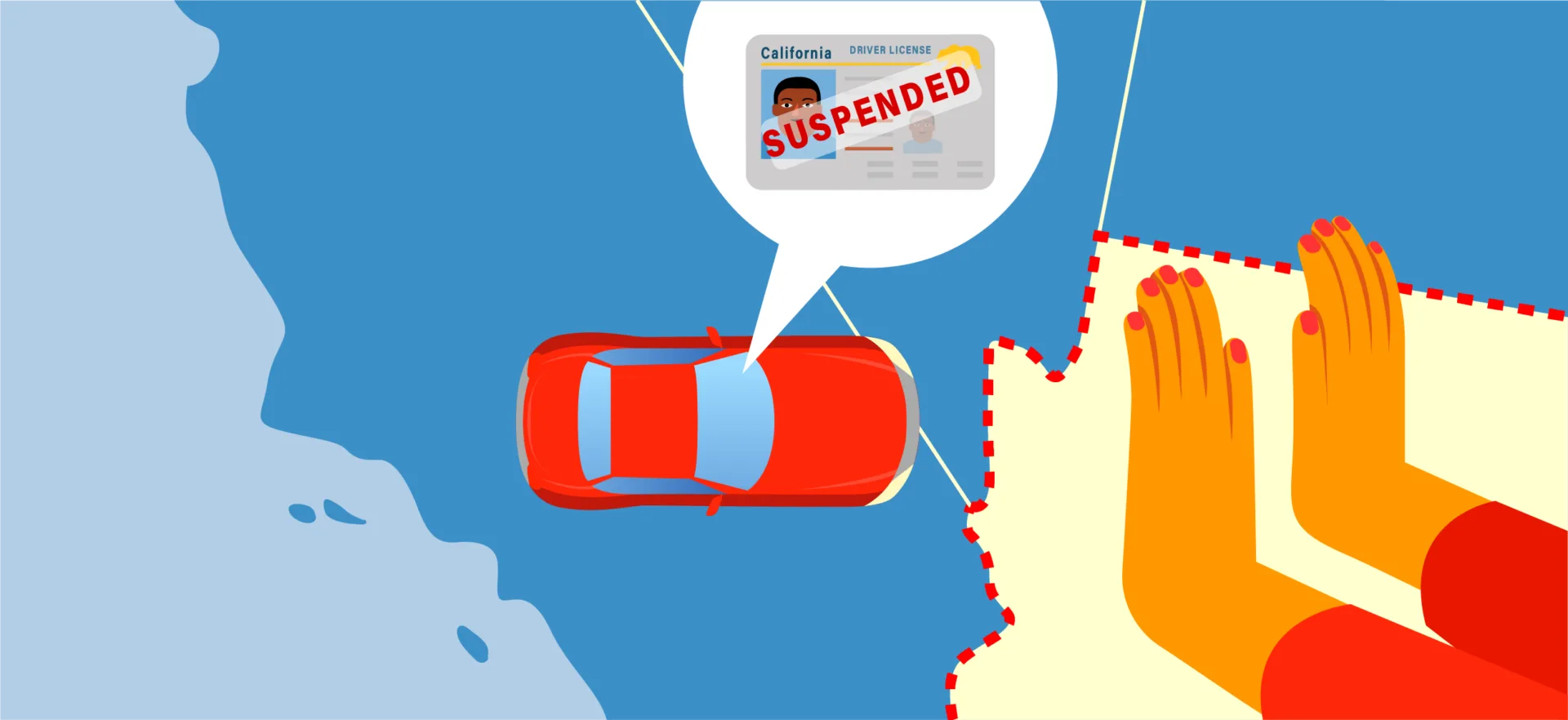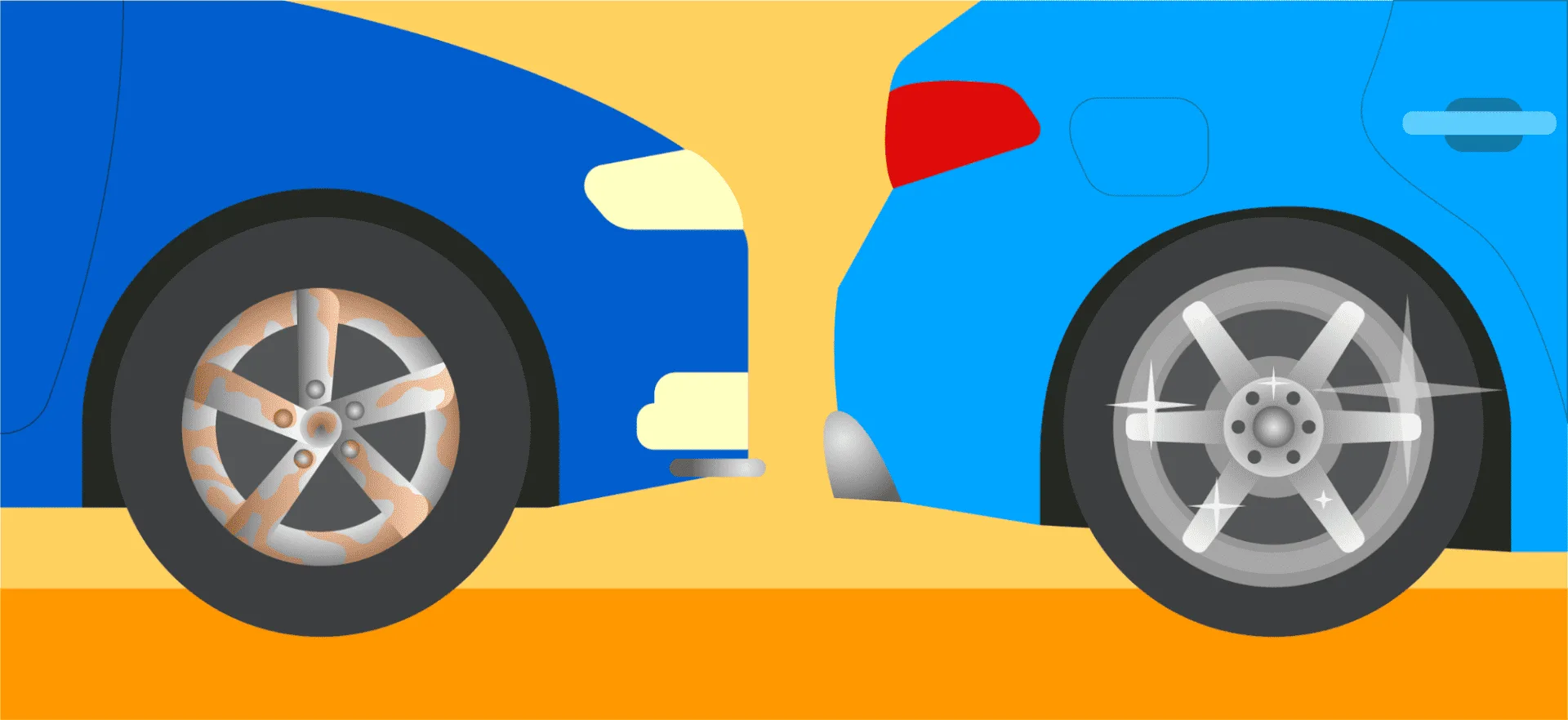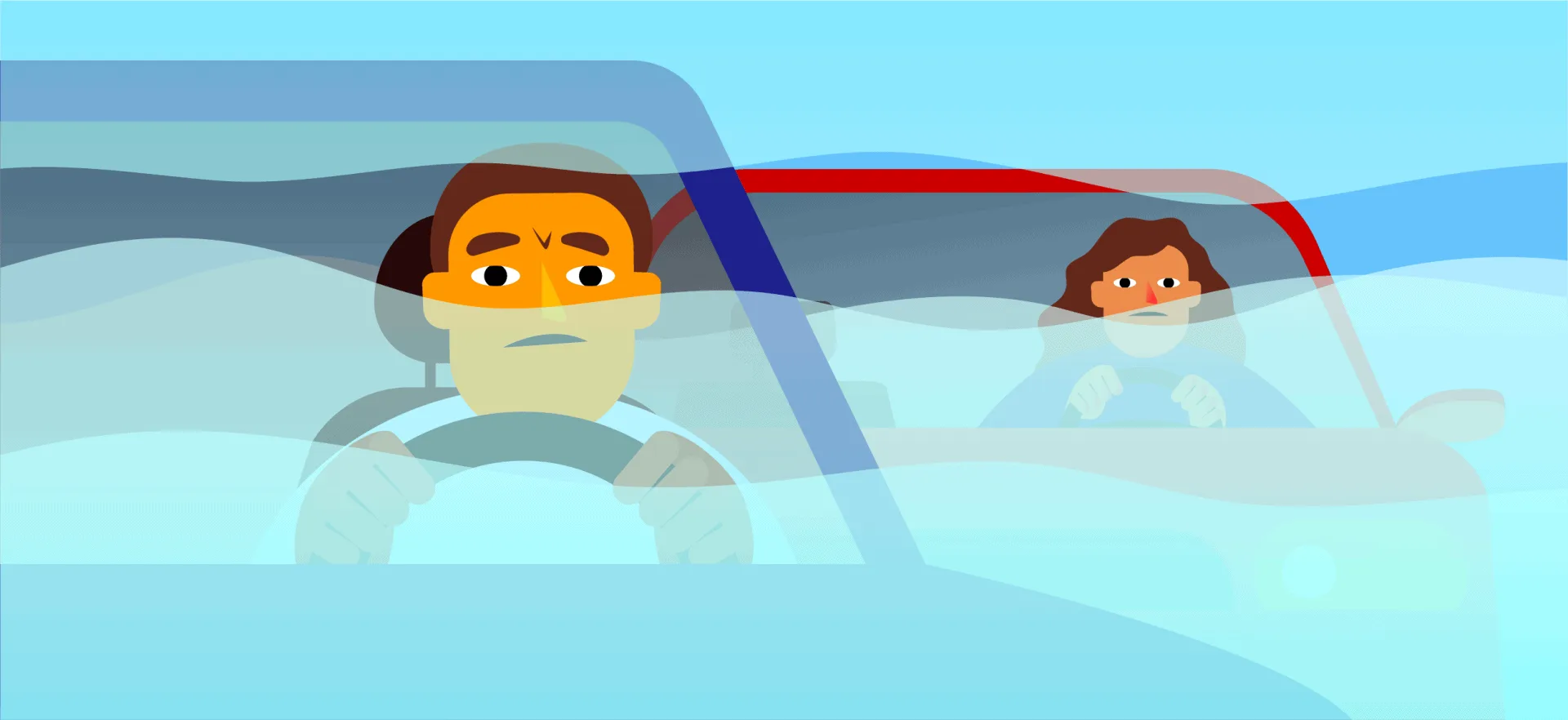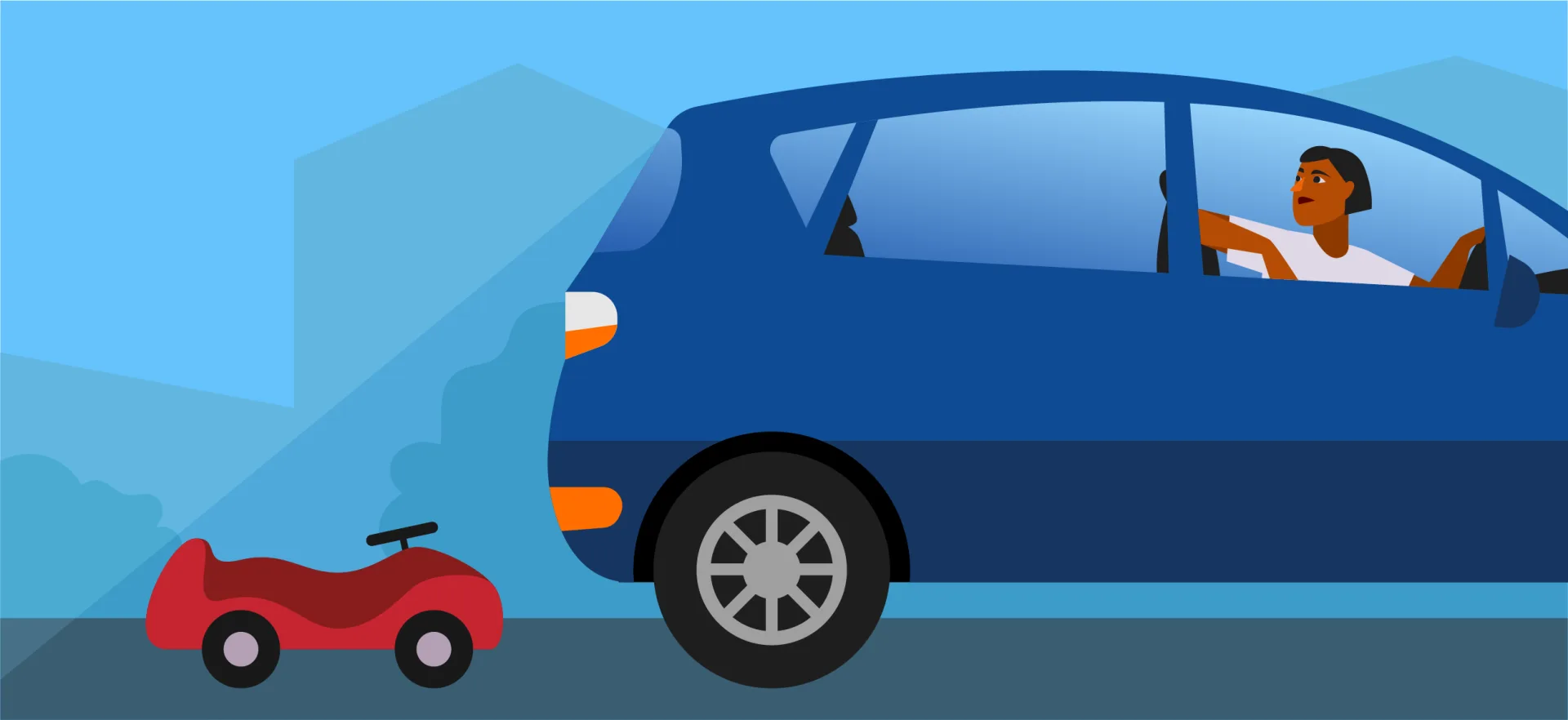Over time, it’s necessary for laws to be changed and updated to reflect changes in technology, the environment, human behavior, and other factors. That goes for traffic laws, especially as vehicles continue to evolve with new technology features.
In California, there are a number of new and upcoming changes to laws pertaining to motor vehicles and drivers. It’s every driver’s responsibility to learn new laws as they are enacted, so read on for what you need to know about the changes below, and always be aware of any new or upcoming changes to traffic laws.
Traffic school can help you keep a clean driving record, prevent insurance increases, and more!
Recent Changes in California Traffic Laws & The Reasoning Behind Them
Here are the changes to California traffic laws that have gone into effect recently.
Unless otherwise noted, these laws went into effect on Jan. 1, 2023.
i. AB 174
This new law requires Californians aged 70 and older to once again start appearing in person at a DMV office to renew their driver’s licenses.
A temporary rule had allowed senior drivers in California to renew their licenses online or by mail since October 2020, even if their renewal notice stated that a visit to a DMV field office was required, in order to help Californians avoid going to DMV offices during the COVID-19 pandemic. In 2021, the rule was extended by California Governor Gavin Newsom through 2022.
ii. SB 611
This new law creates a new requirement for the renewal of permanent disabled person parking placards. The DMV will begin sending out notices to Californians who have had permanent disabled person parking placards for at least six years and asking them to confirm that they are still in need of a placard. The DMV will not issue new placards for anyone who does not respond.
The new requirement is part of a law enacted in 2017 to help curb fraud and abuse of disabled person parking placards.
iii. AB 1909
This new law requires drivers to change to another available lane, whenever possible, when passing cyclists on the roadways. This builds on the current requirement, which allows drivers to give cyclists at least three feet of space when passing.
The new law also allows Class 3 e–bike riders to use approved bicycle lanes, bikeways, bike paths, and trails.
Beginning Jan. 1, 2024, this law will also allow cyclists to cross intersections when the walk sign is lit.
iv. SB 1398
This new law requires dealers and manufacturers of semiautonomous vehicles to provide clear consumer notices to anyone who purchases a semiautonomous vehicle.
The law applies to dealers and manufacturers who sell any new passenger vehicles equipped with a partial driving automation feature, as well as dealers and manufacturers who offer any software update or vehicle upgrade that adds partial driving automation features to a vehicle. Under the new law, these dealers and manufacturers are required to give purchasers a clear description of the functions and limitations of these features. They are also prohibited from deceptively marketing these features.
v. AB 2000
Parking lots across the state of California are now included with public roads as locations where street racing and “sideshows” are banned.
Section 23109(c) of the California Vehicle Code (CVC) (exhibition of speed) defines a sideshow as an event in which two or more people block or impede traffic for the purpose of performing stunts (including motor vehicle speed contests, exhibitions of speed, or reckless driving for spectators).
Beginning July 1, 2025, the court will be allowed to suspend a defendant’s driver’s license for a period of 90 days to six months if they are convicted of exhibition of speed while taking part in a sideshow. The new law will require the courts to consider any medical, personal, or family hardships that would require the defendant to have a driver’s license before determining whether to suspend it.
vi. AB 984
This law creates a new, ongoing DMV program that allows for alternatives to conventional license plates, stickers, tabs, and registration cards. These alternatives may include digital license plates, vinyl front license plate wraps, and digital registration cards. The DMV will continue to create new regulation for how this program will be implemented and governed on an ongoing basis.
vii. AB 2746
This new law is intended to promote equity for California drivers by reforming driver’s license suspension laws. Under the new law, California state courts will stop sending notices to the DMV for license suspensions for failure to appear.
Beginning Jan. 1, 2027, the DMV will be required to stop suspending driver’s licenses for failure to appear. This delay is to allow time for computer programming changes for the DMV.

